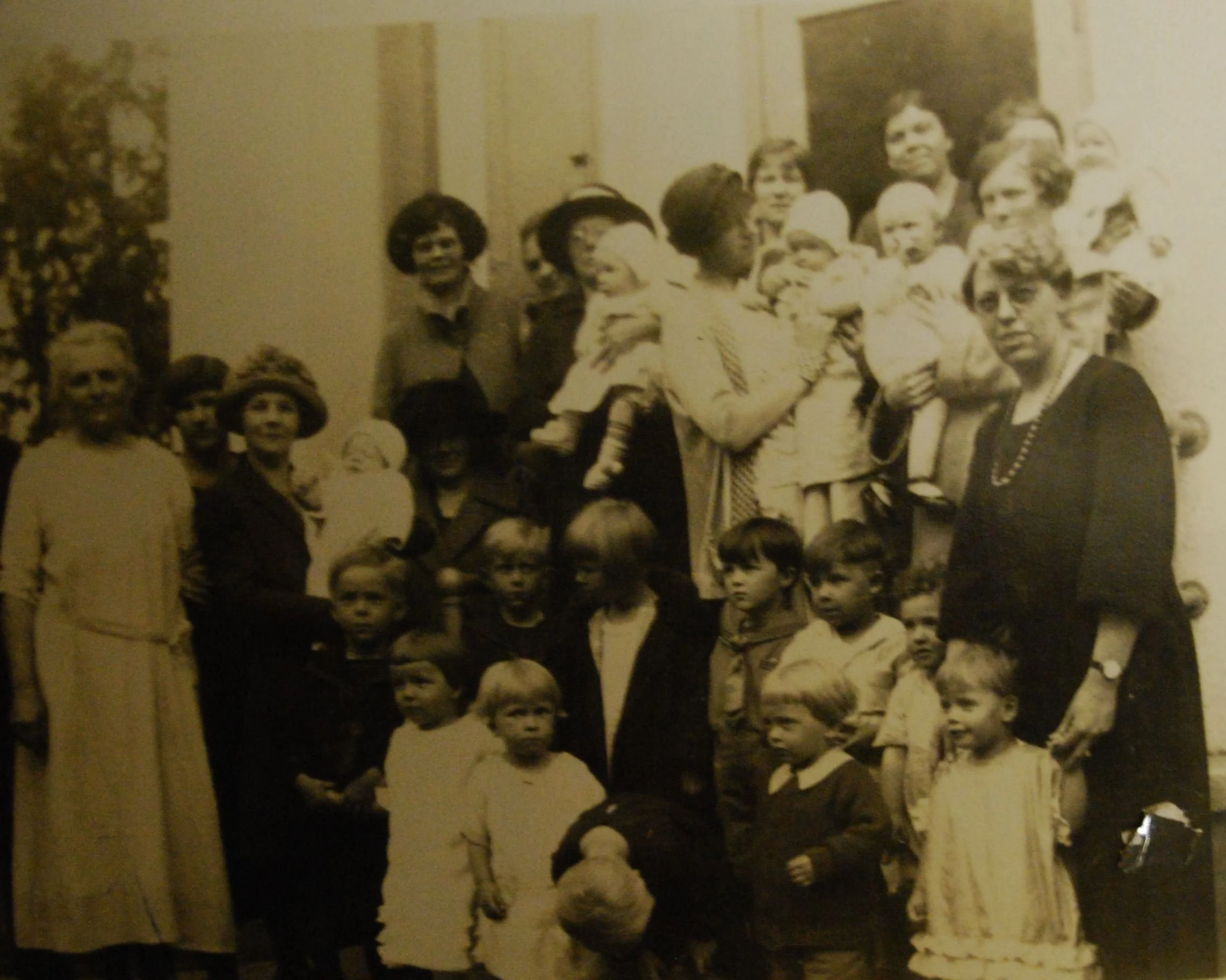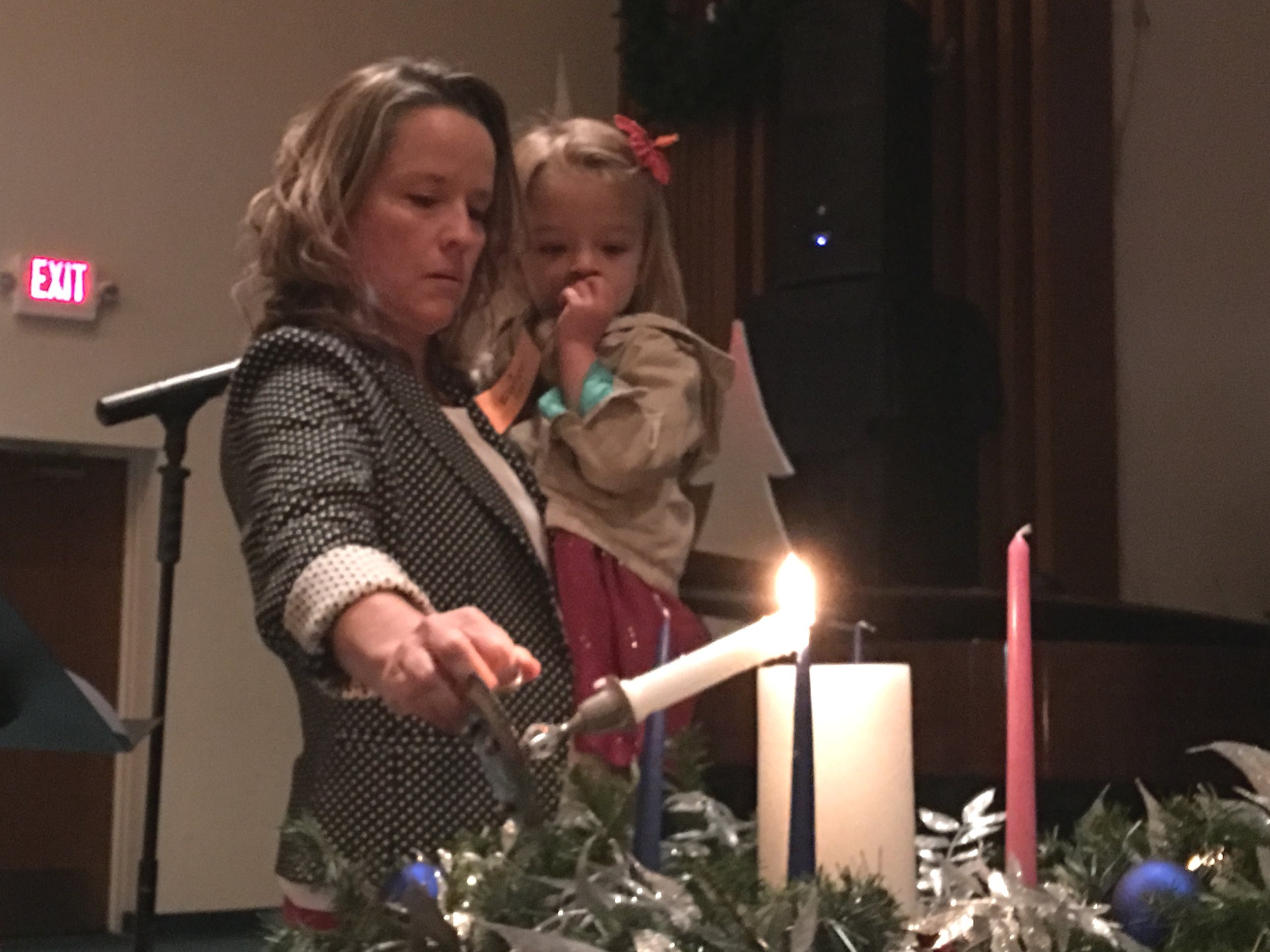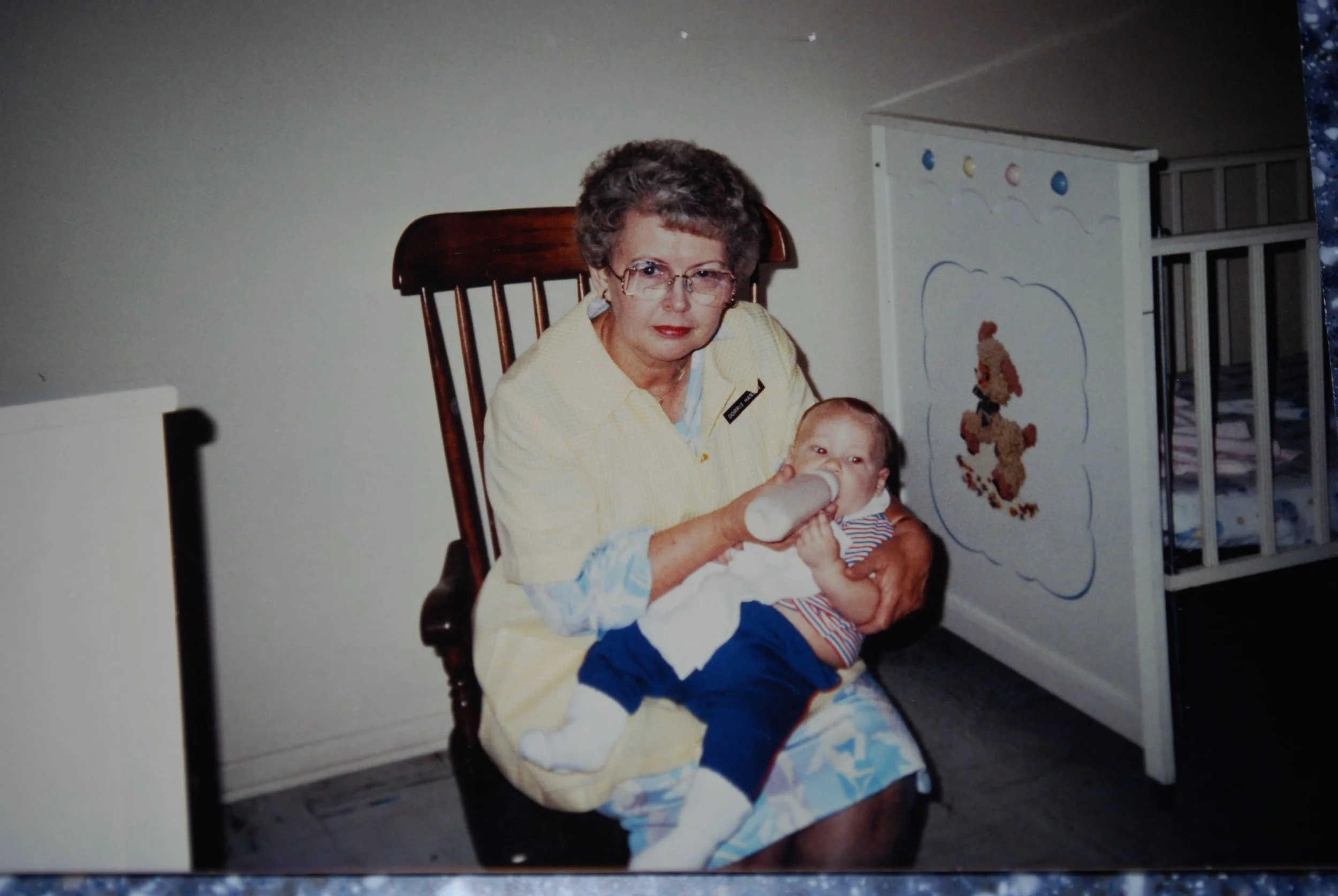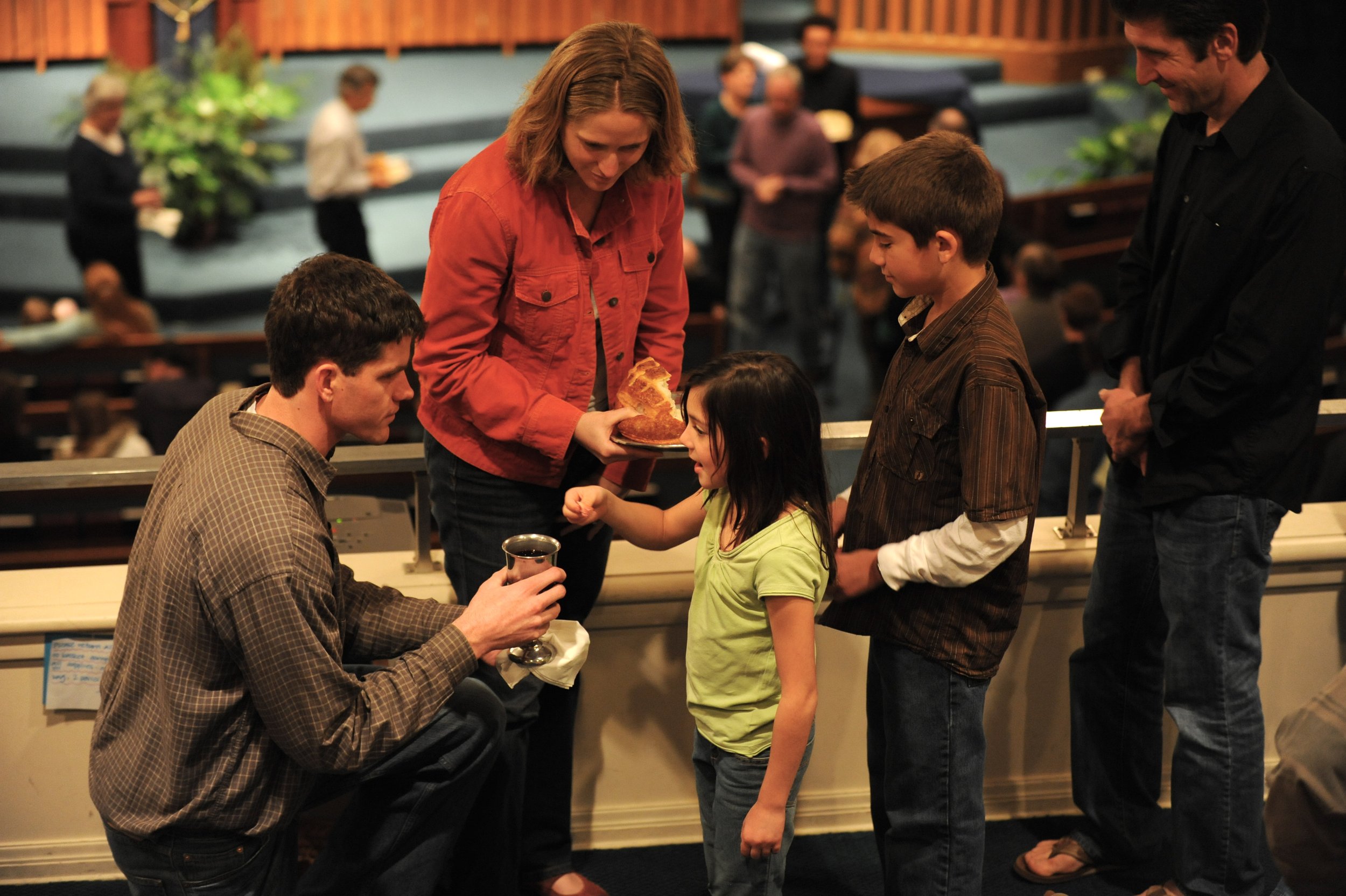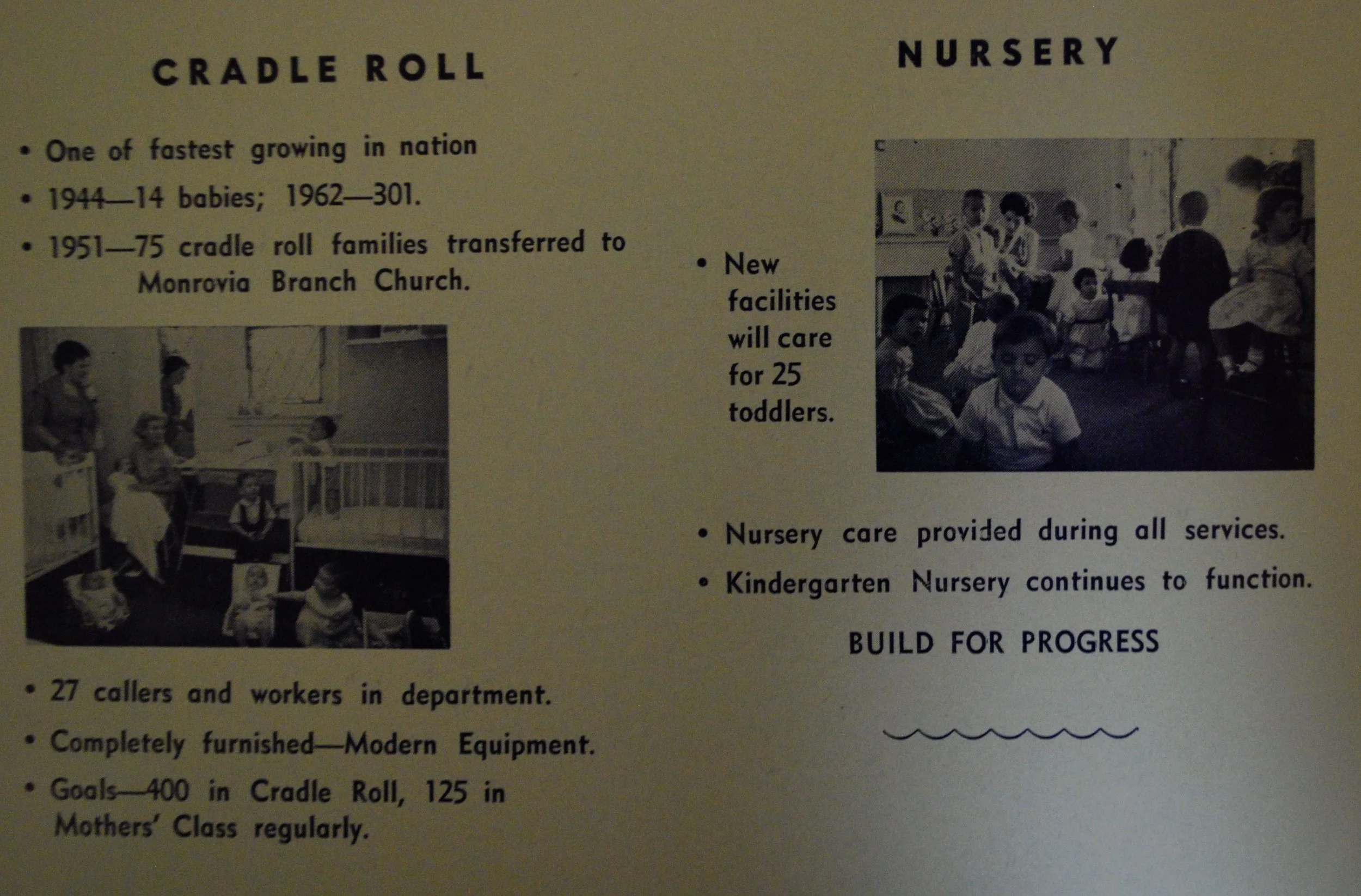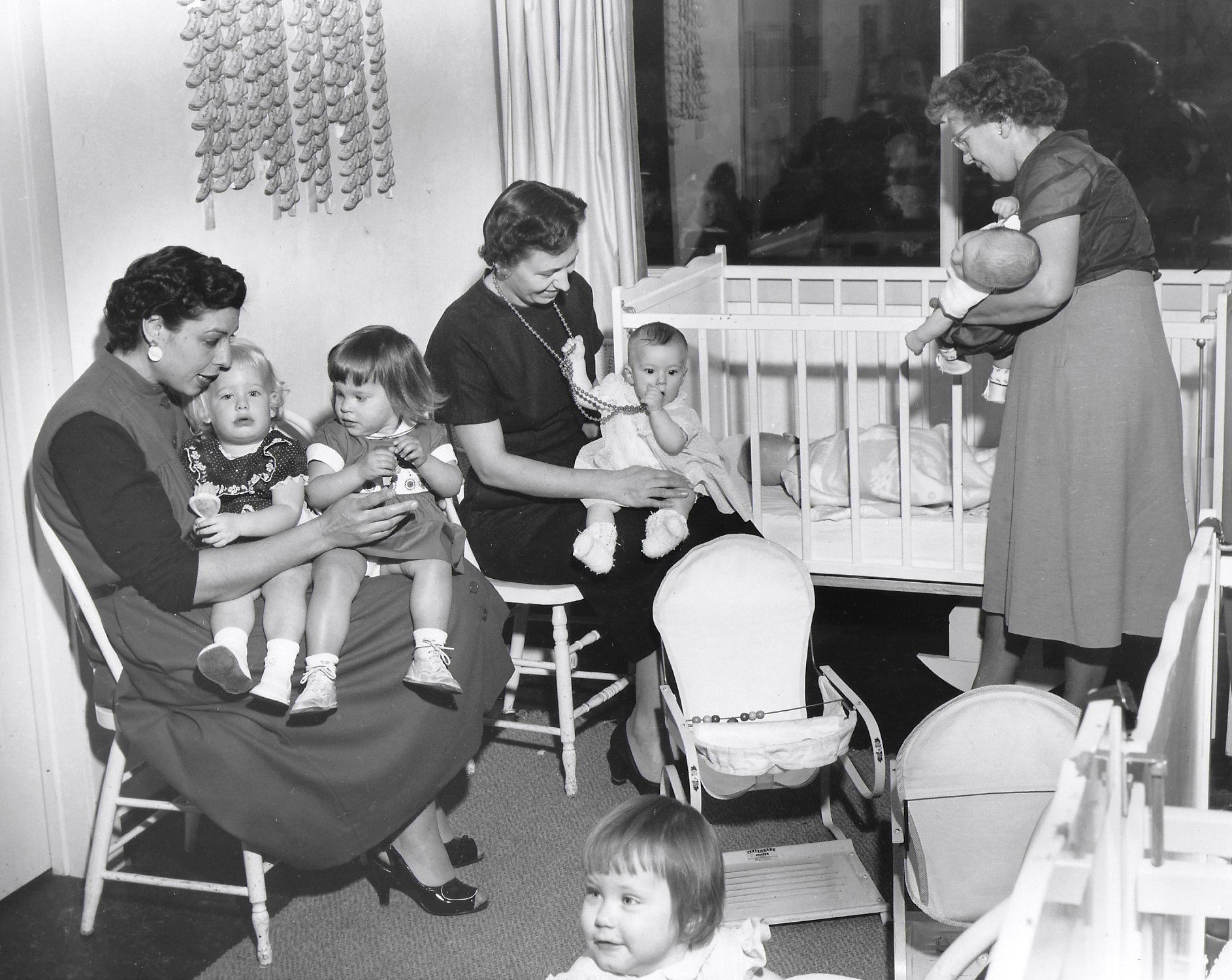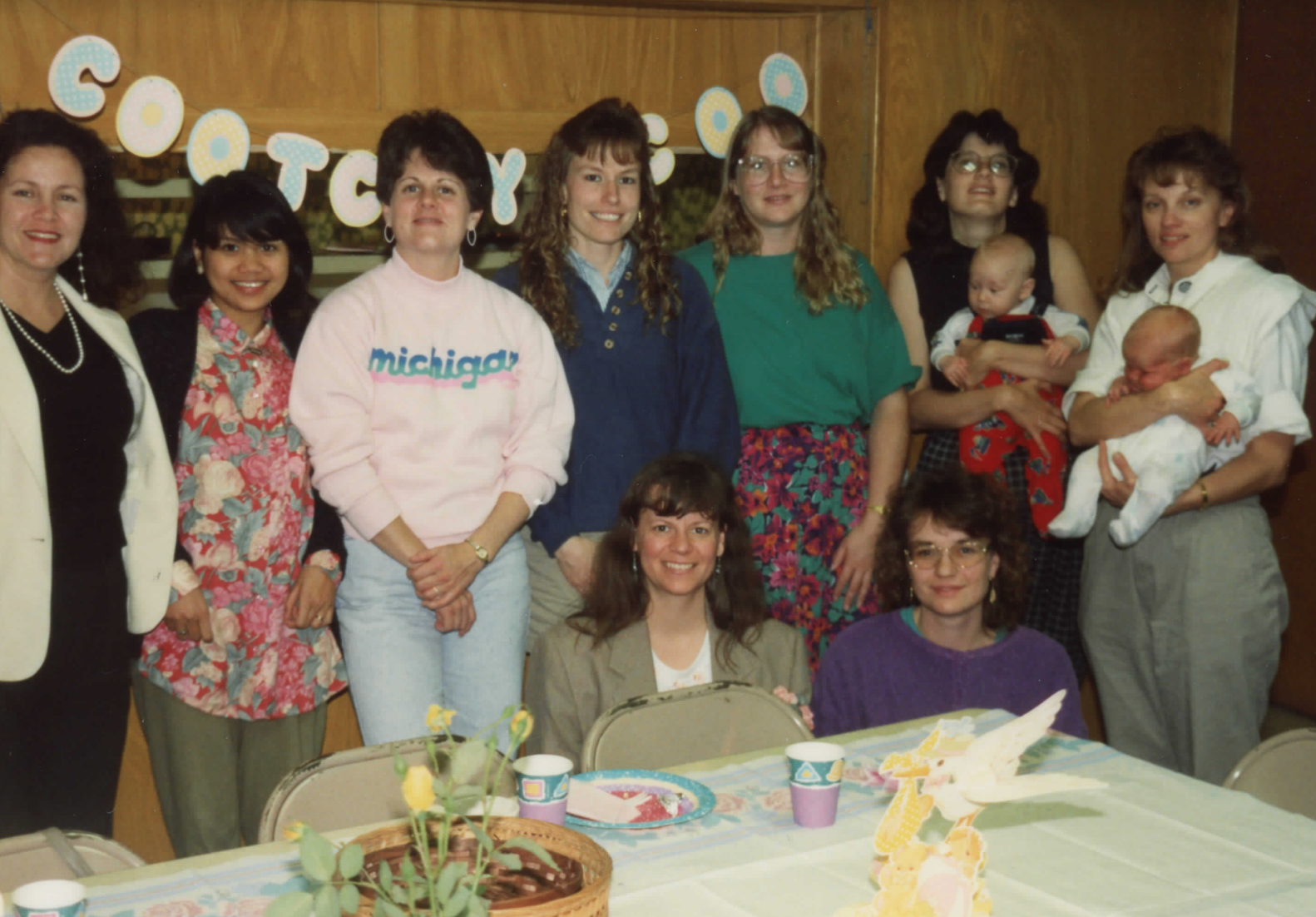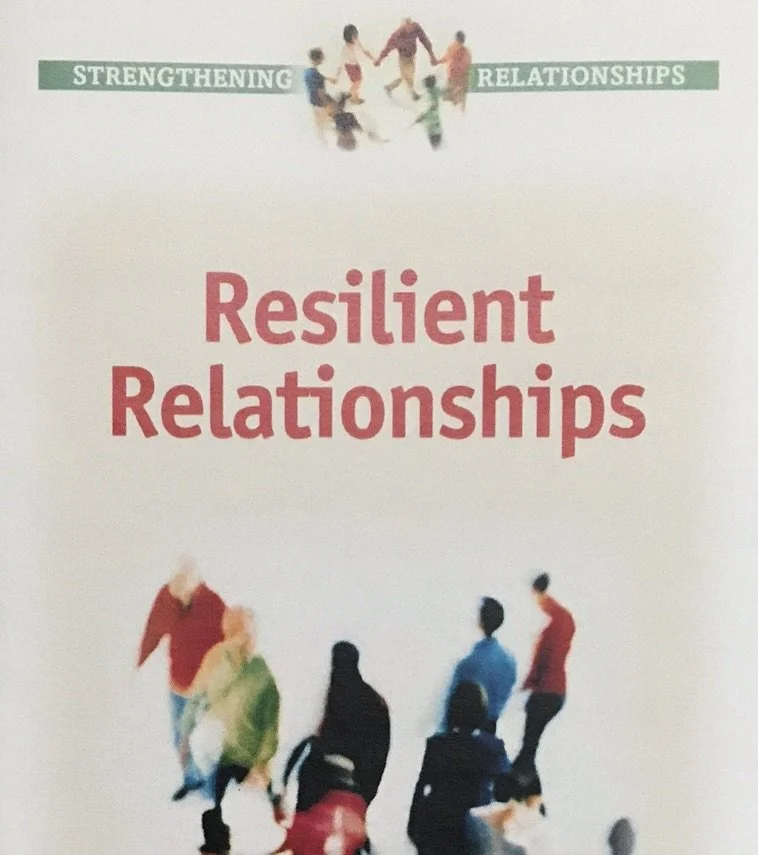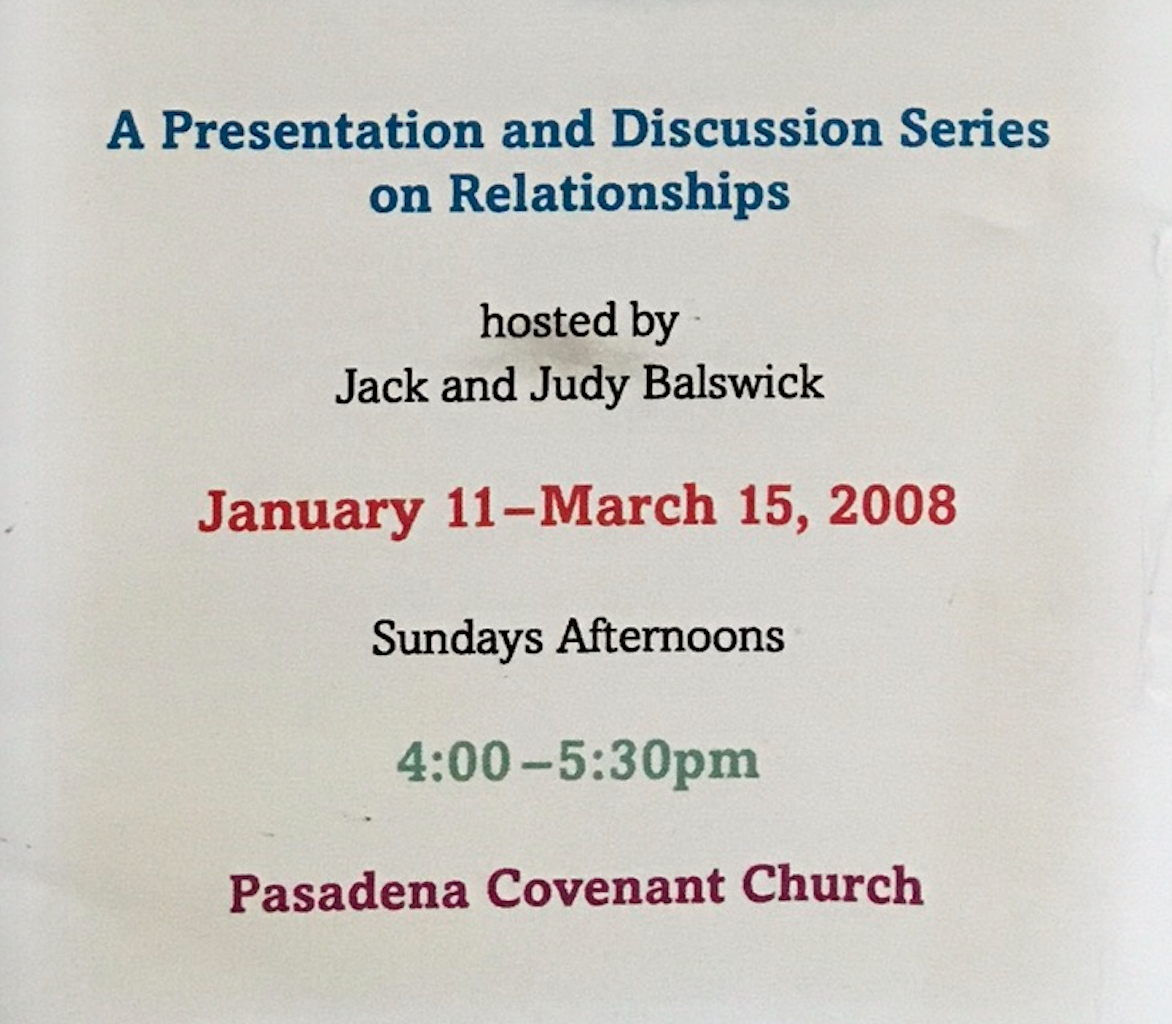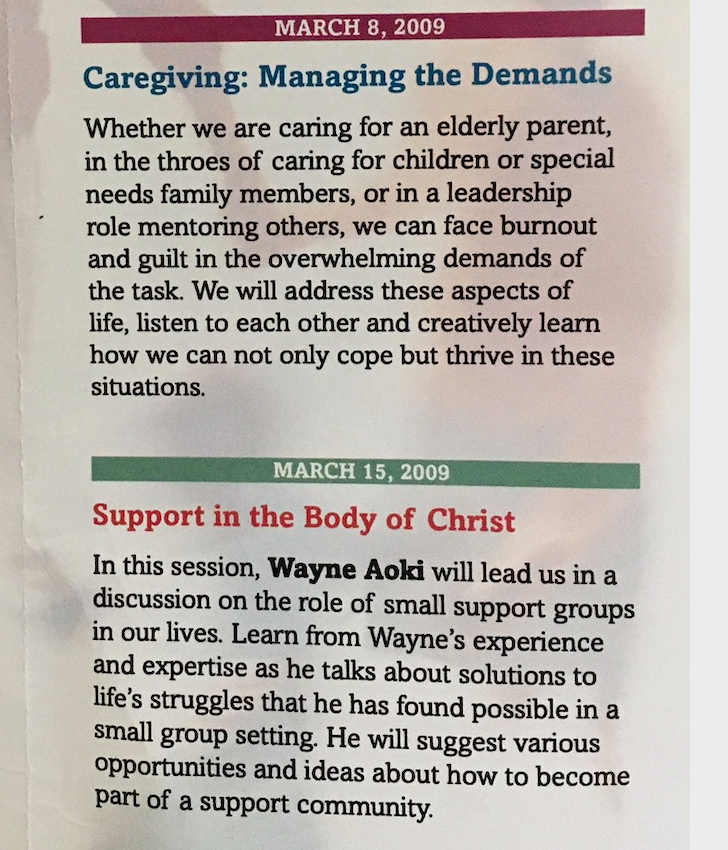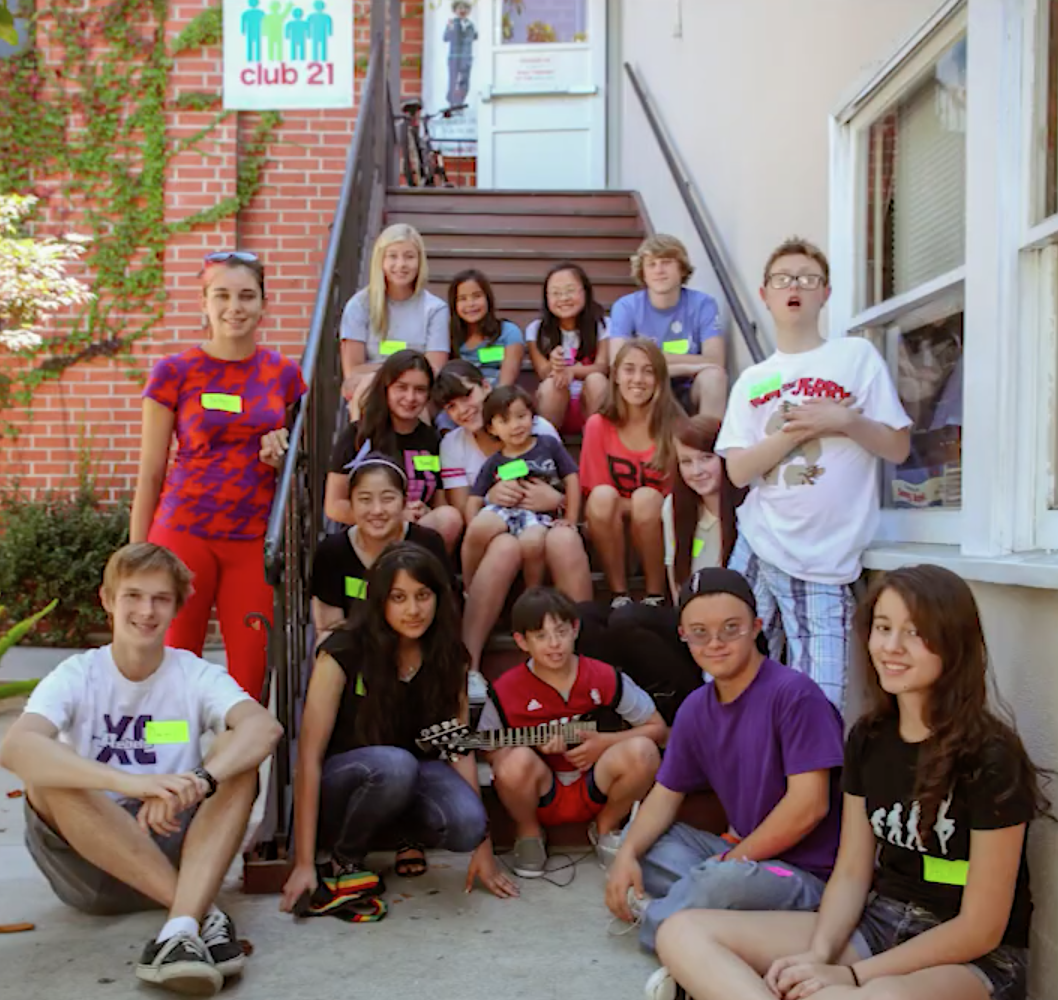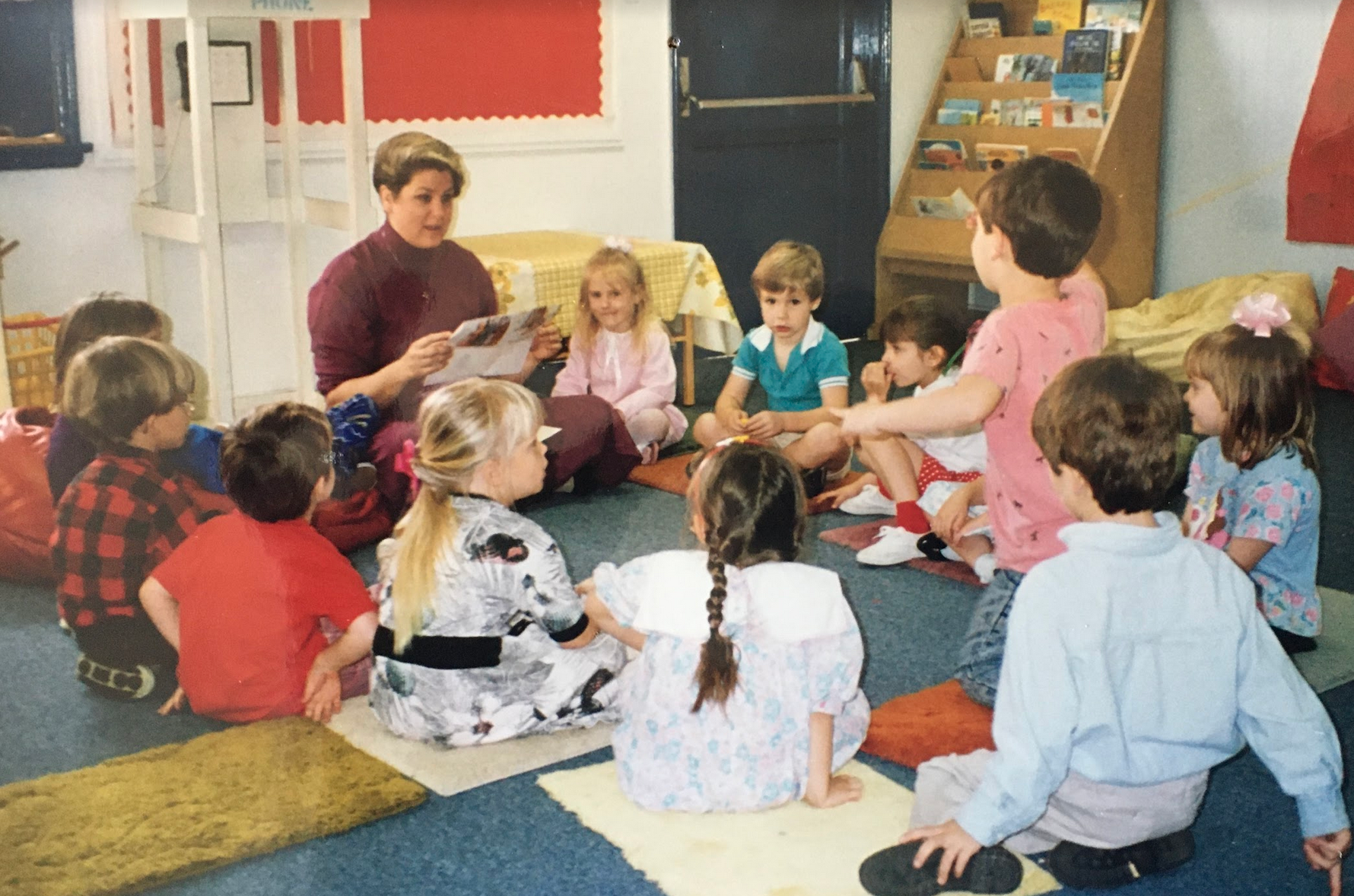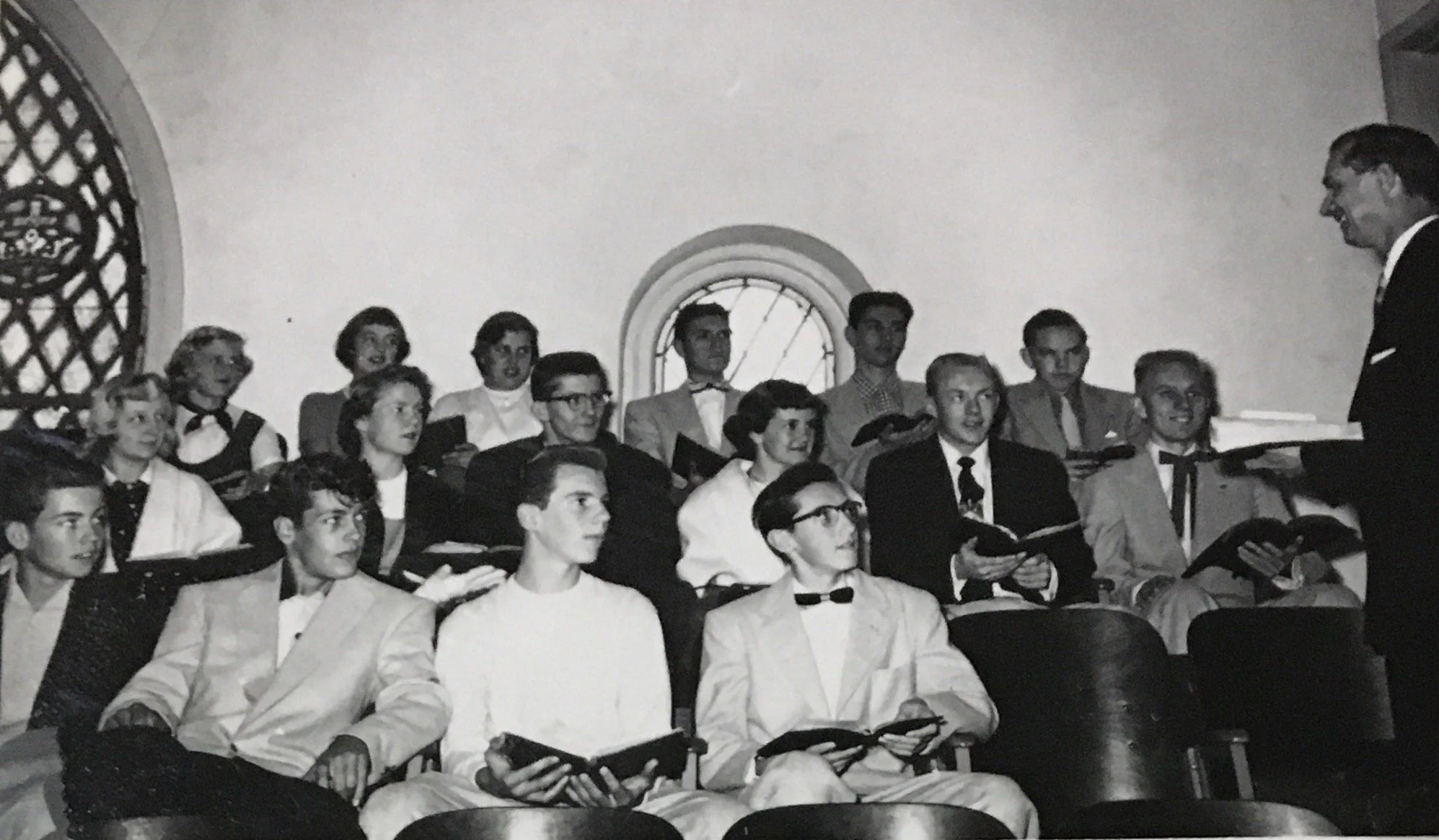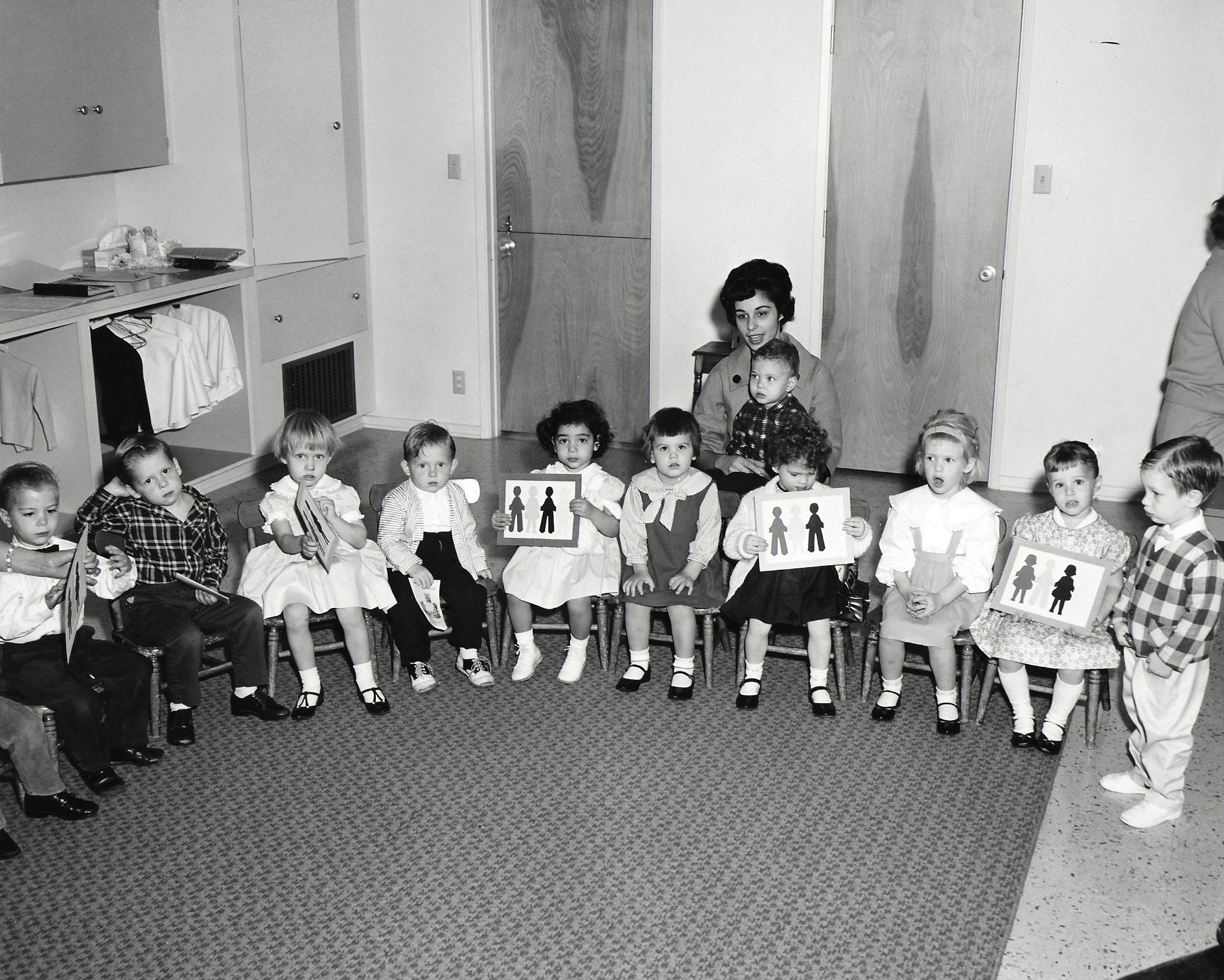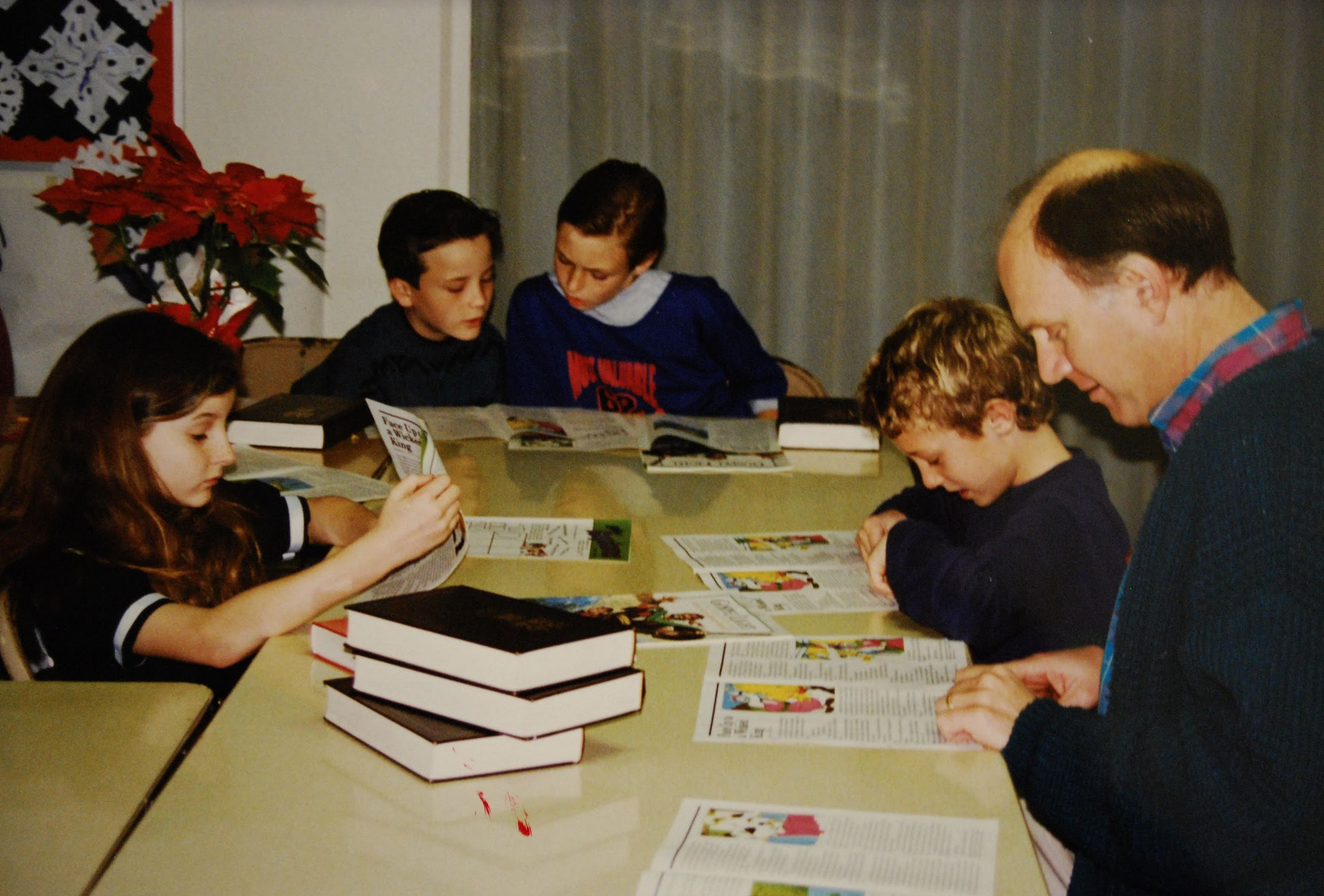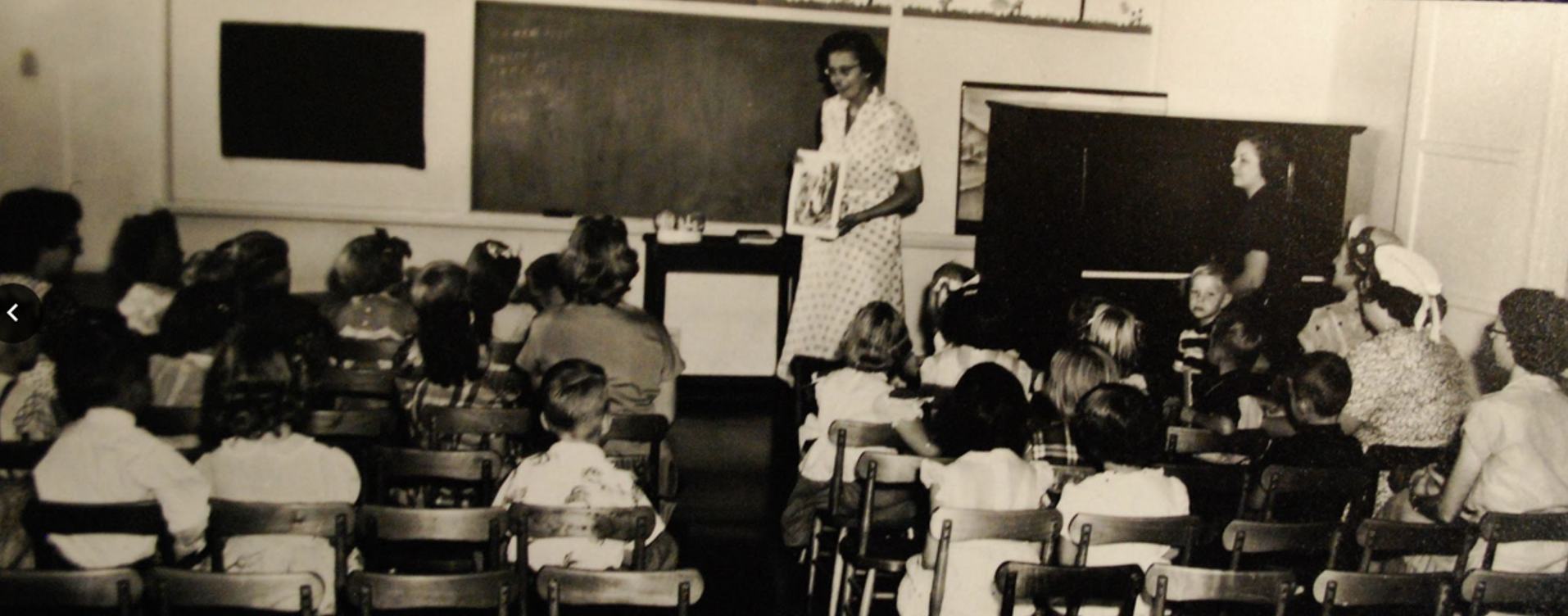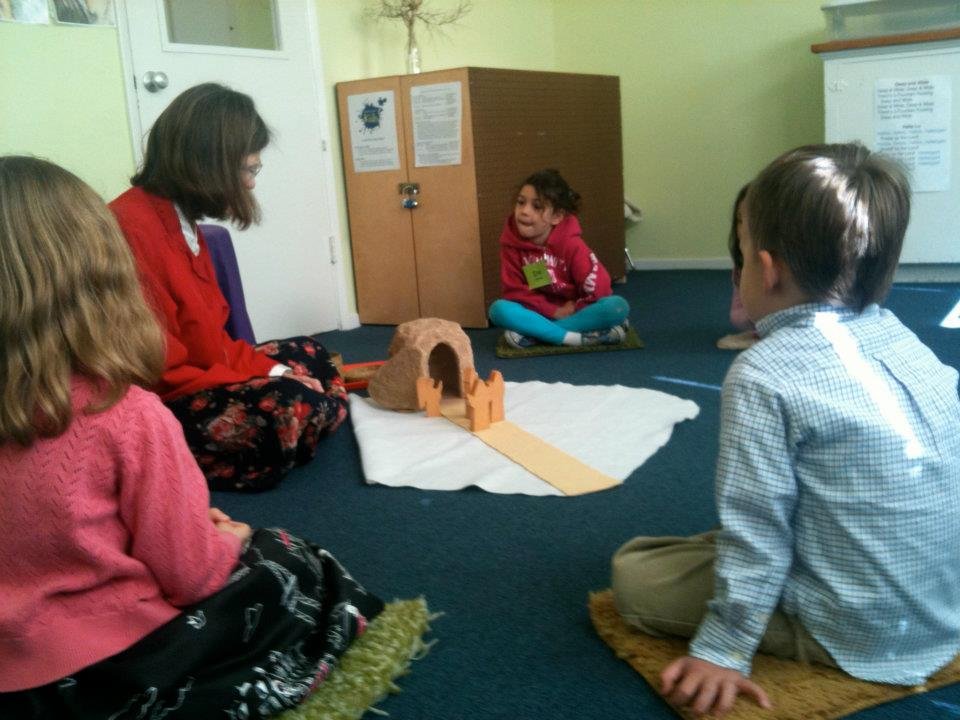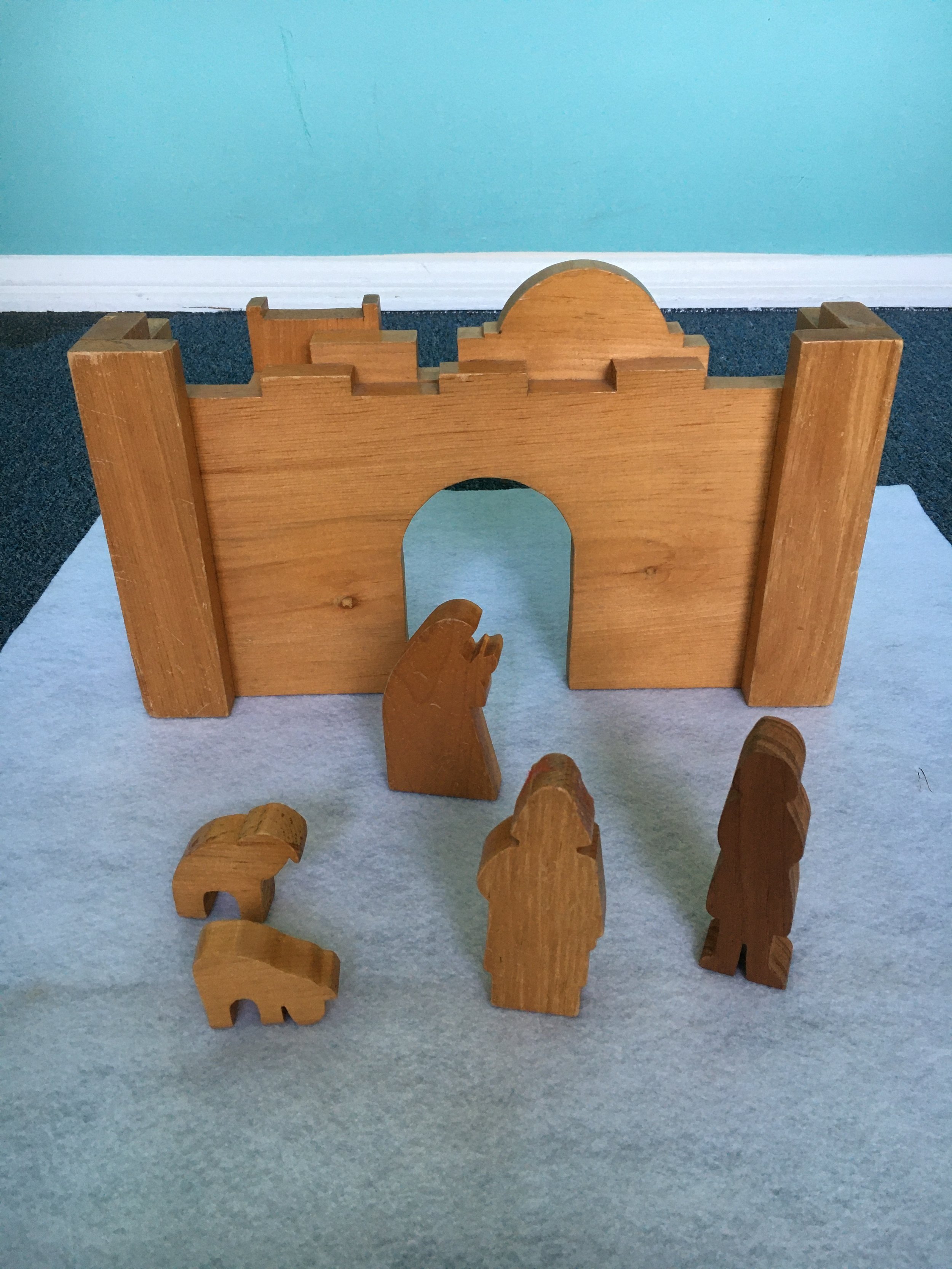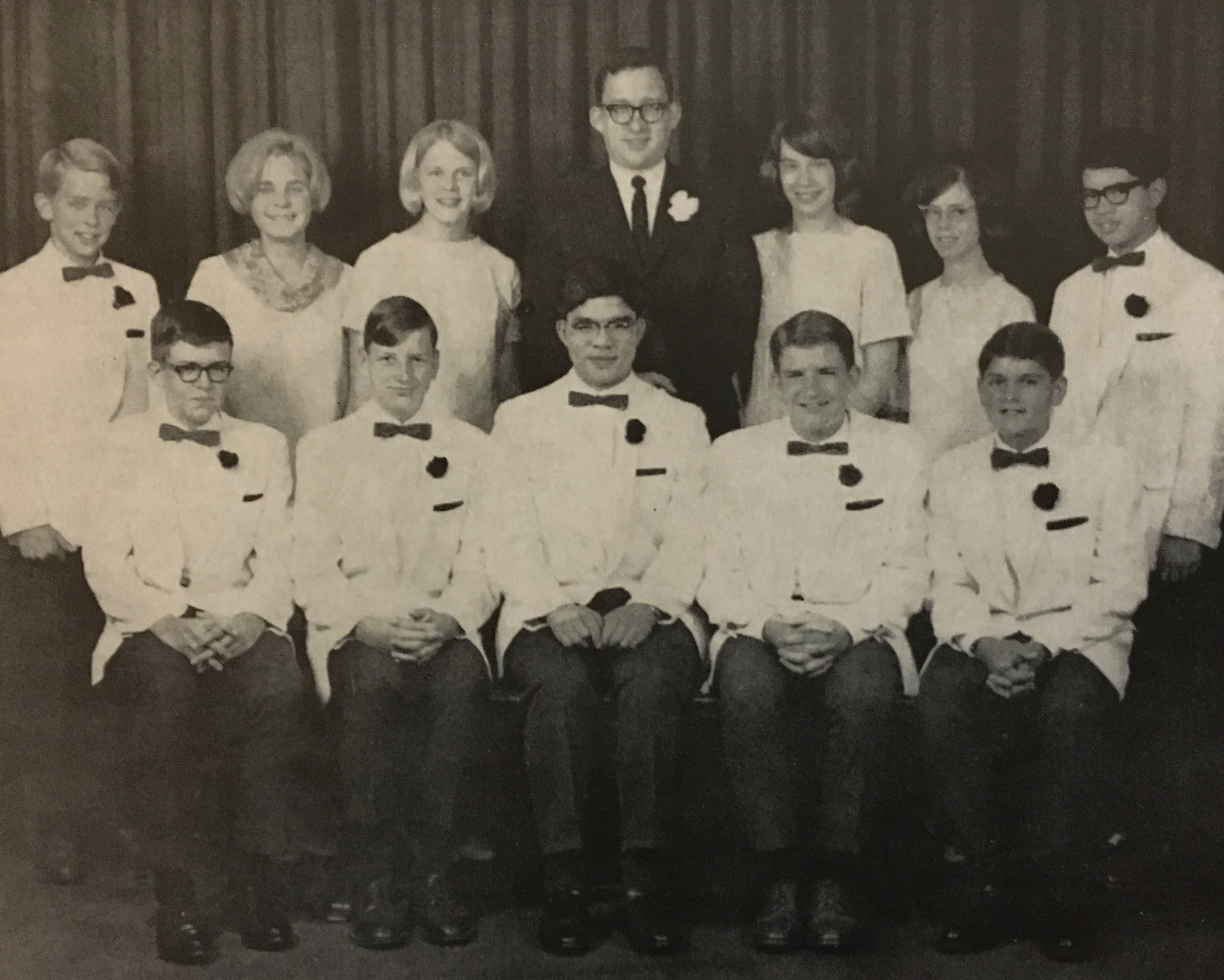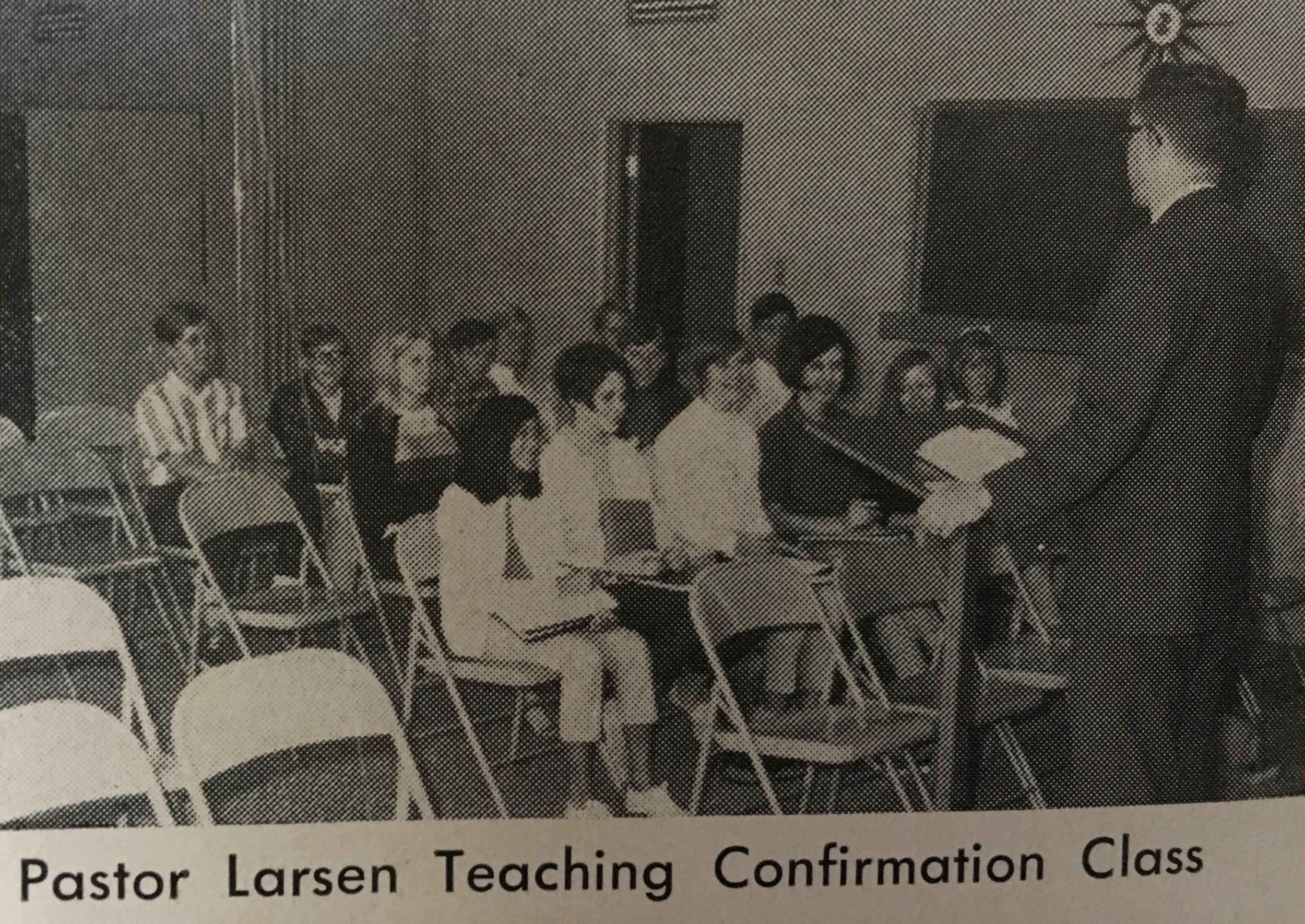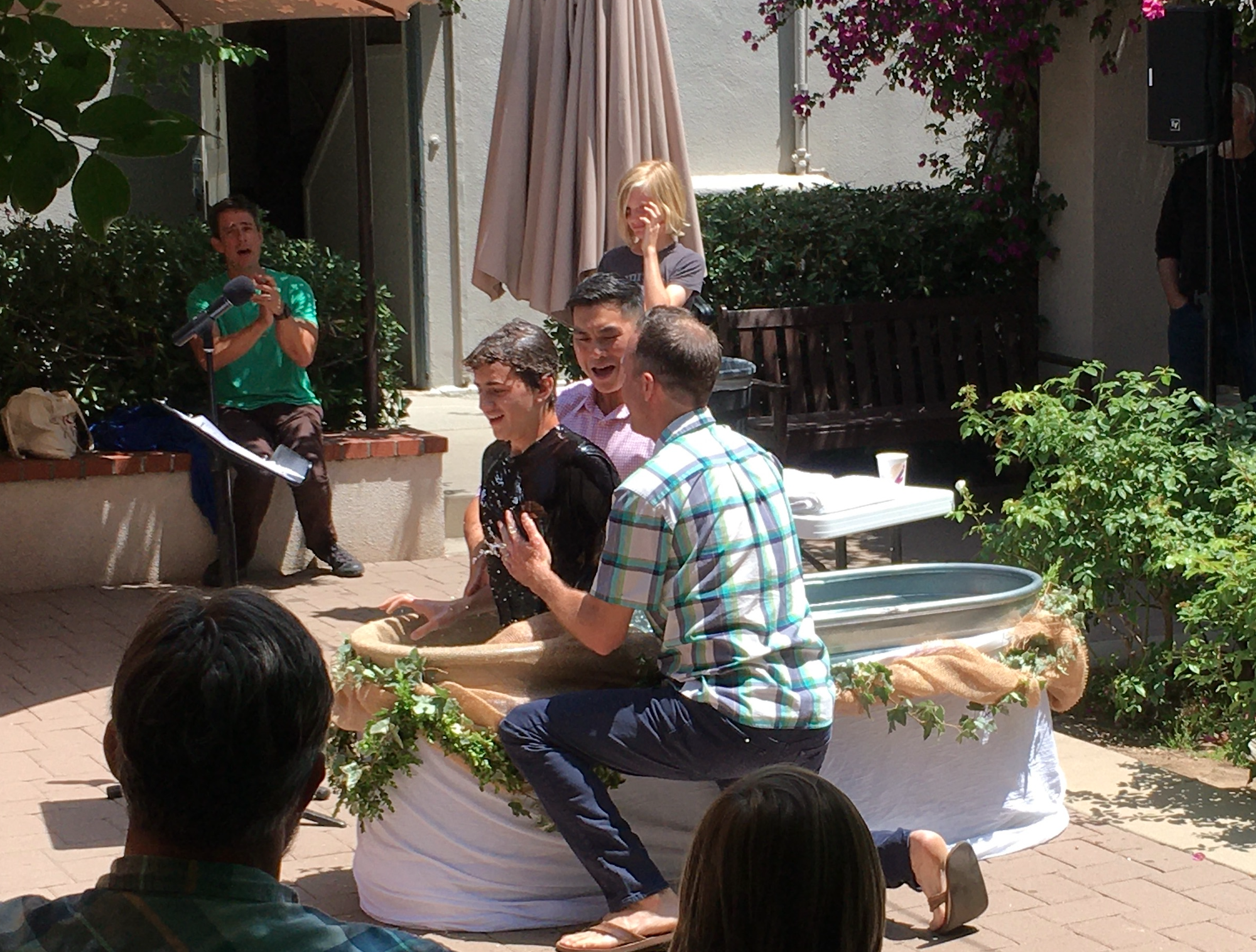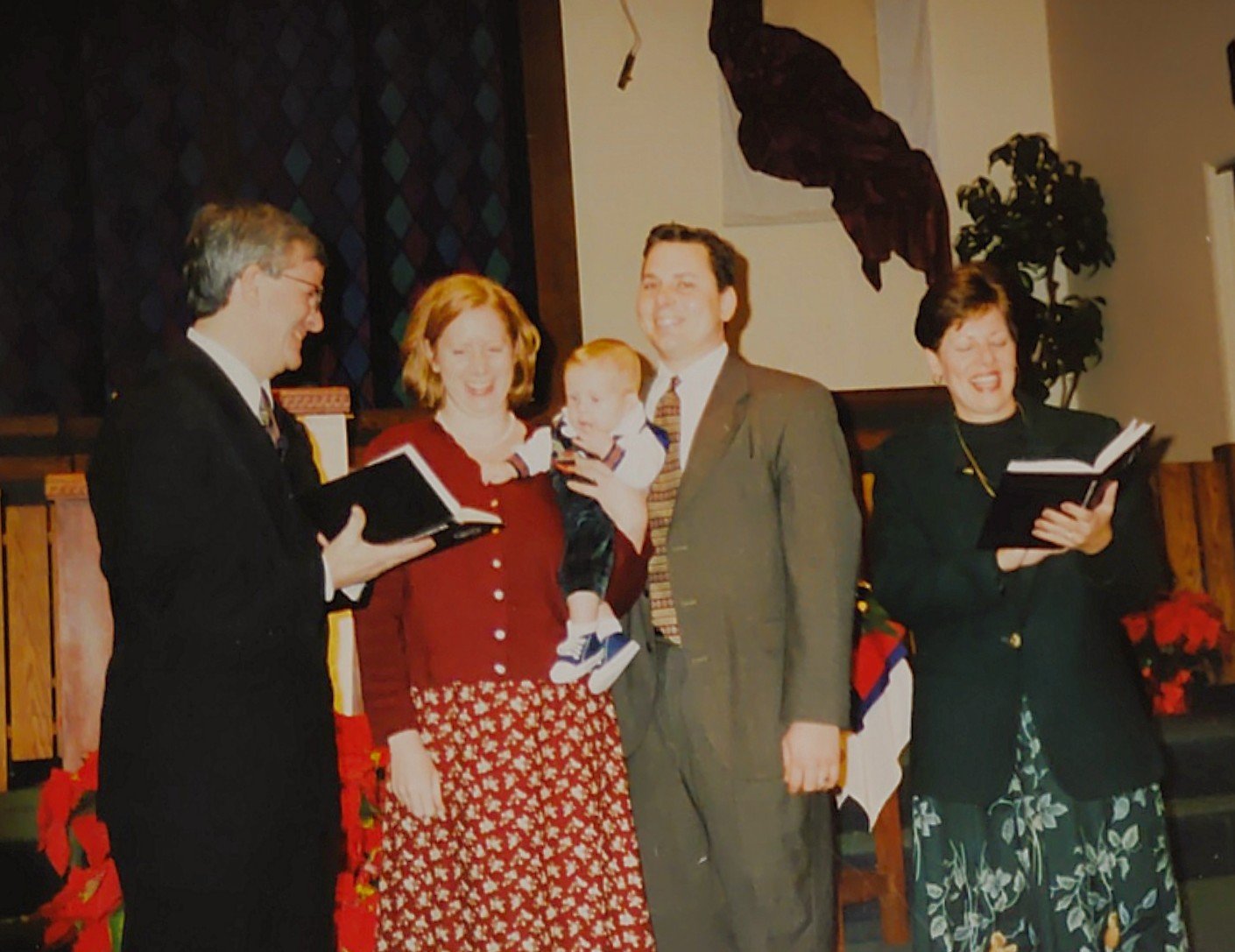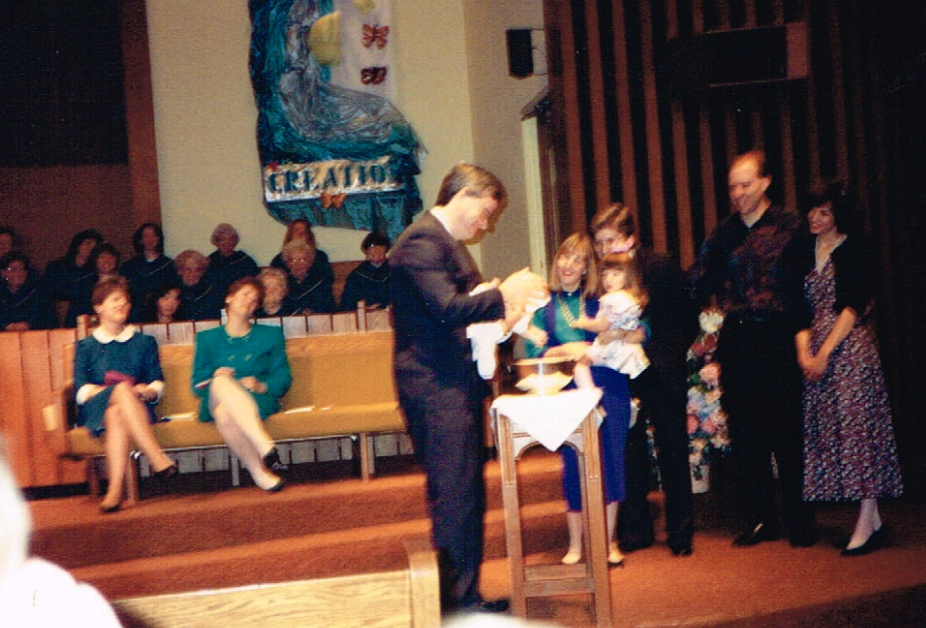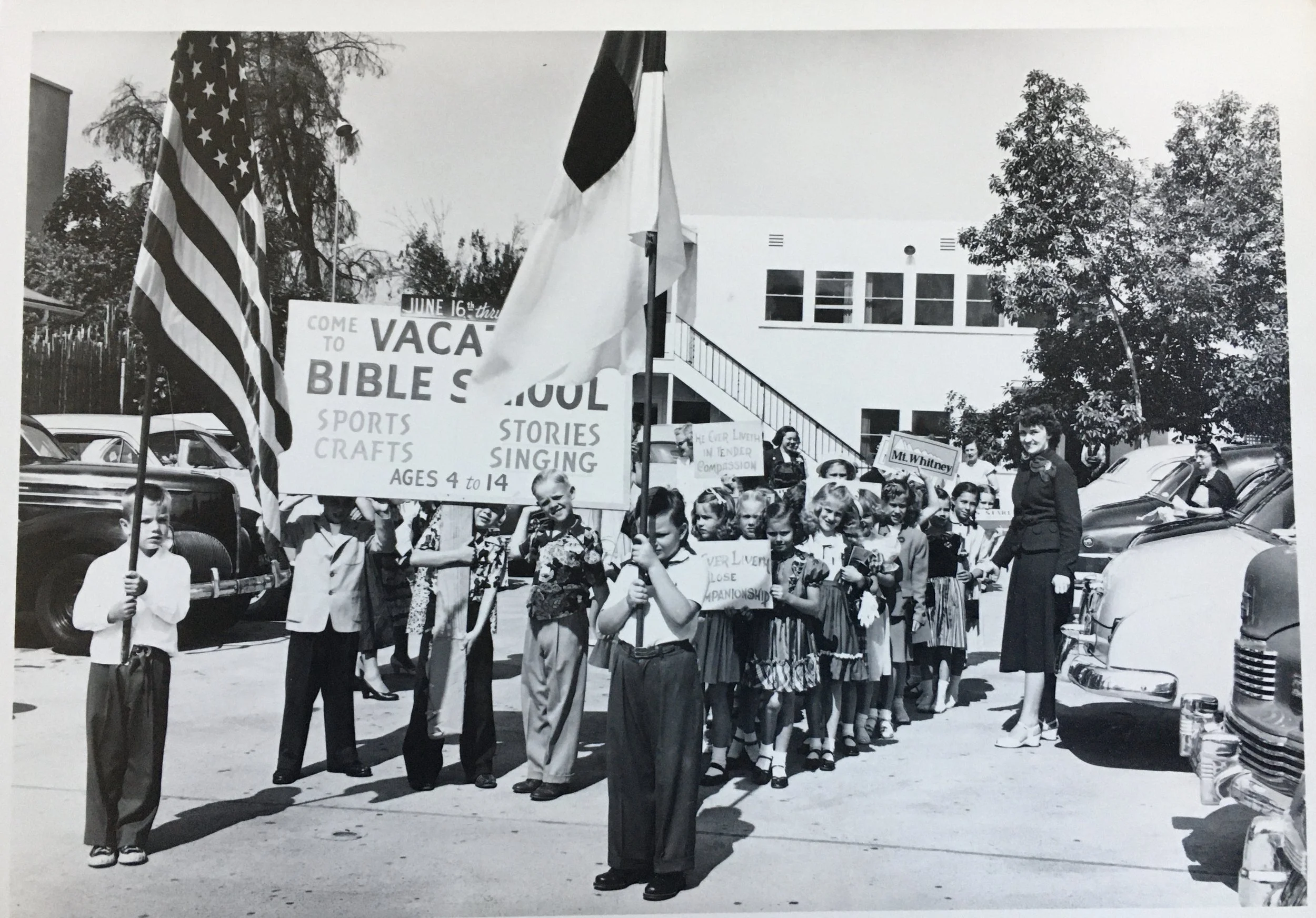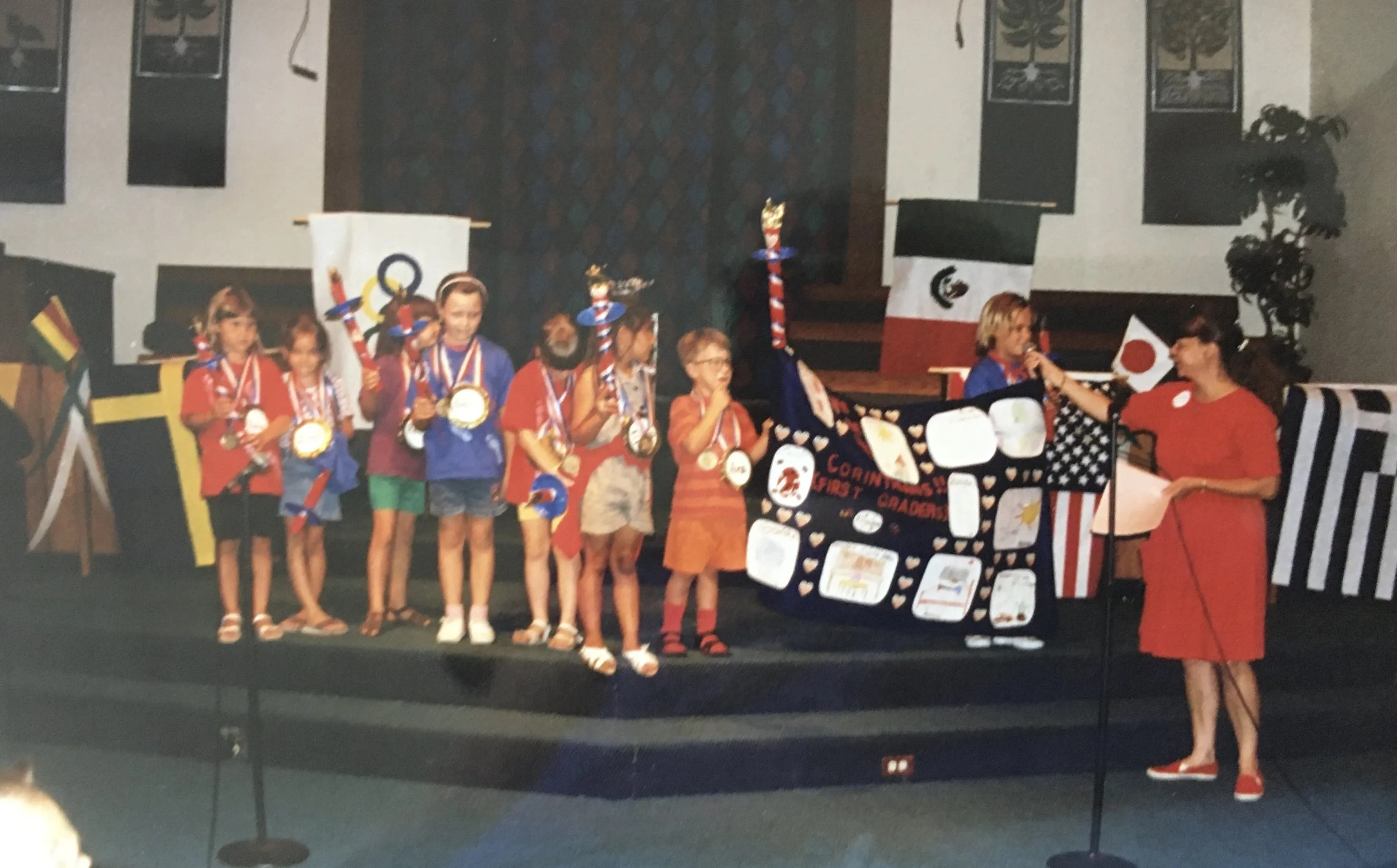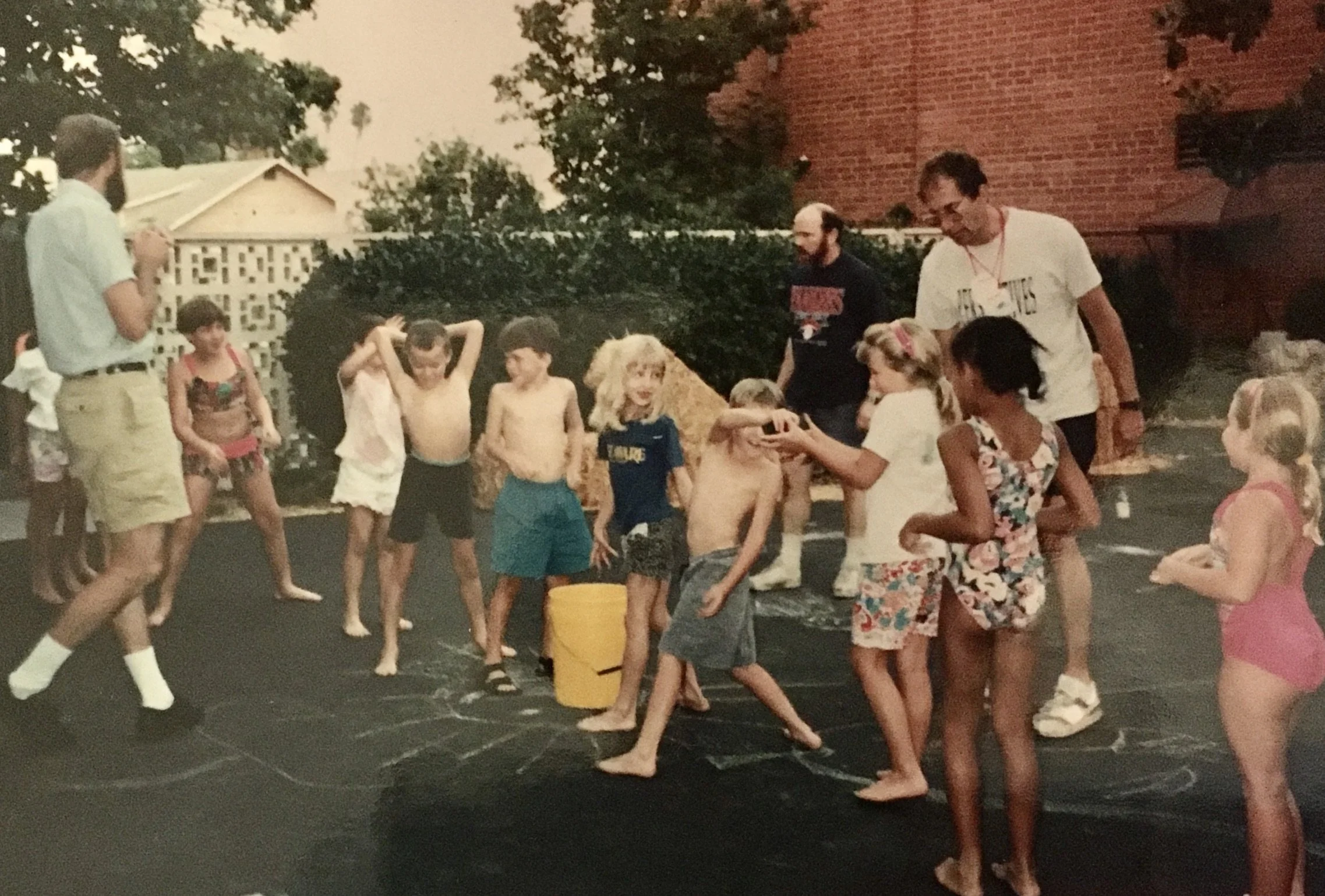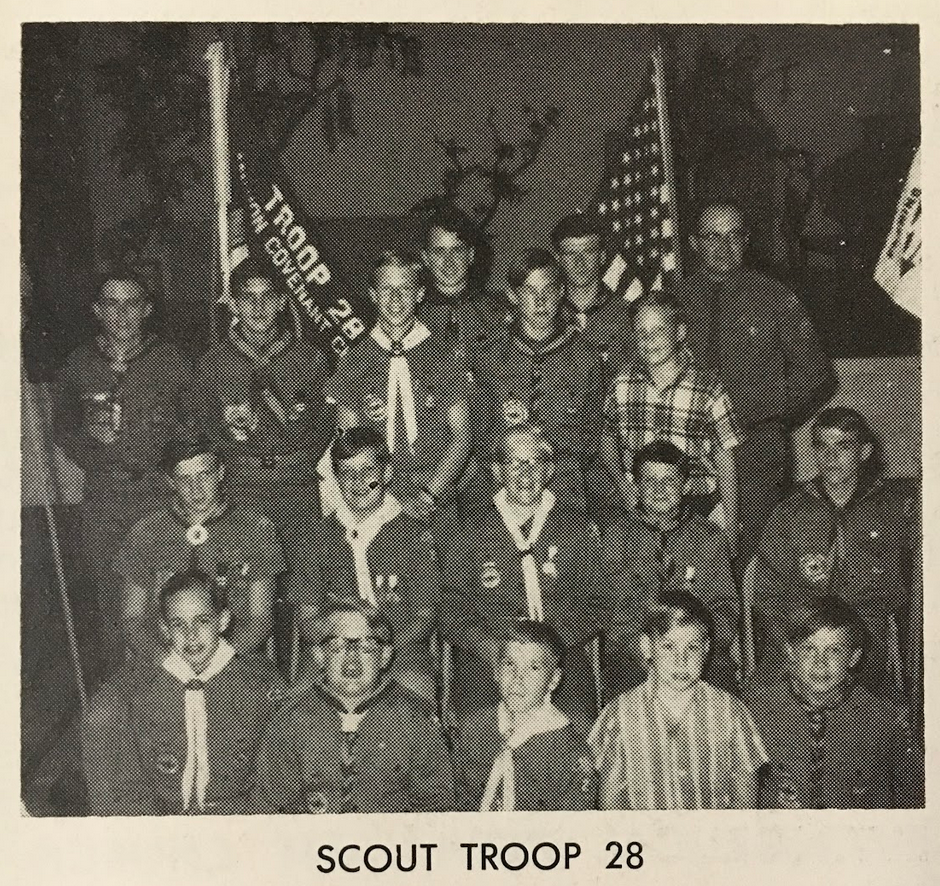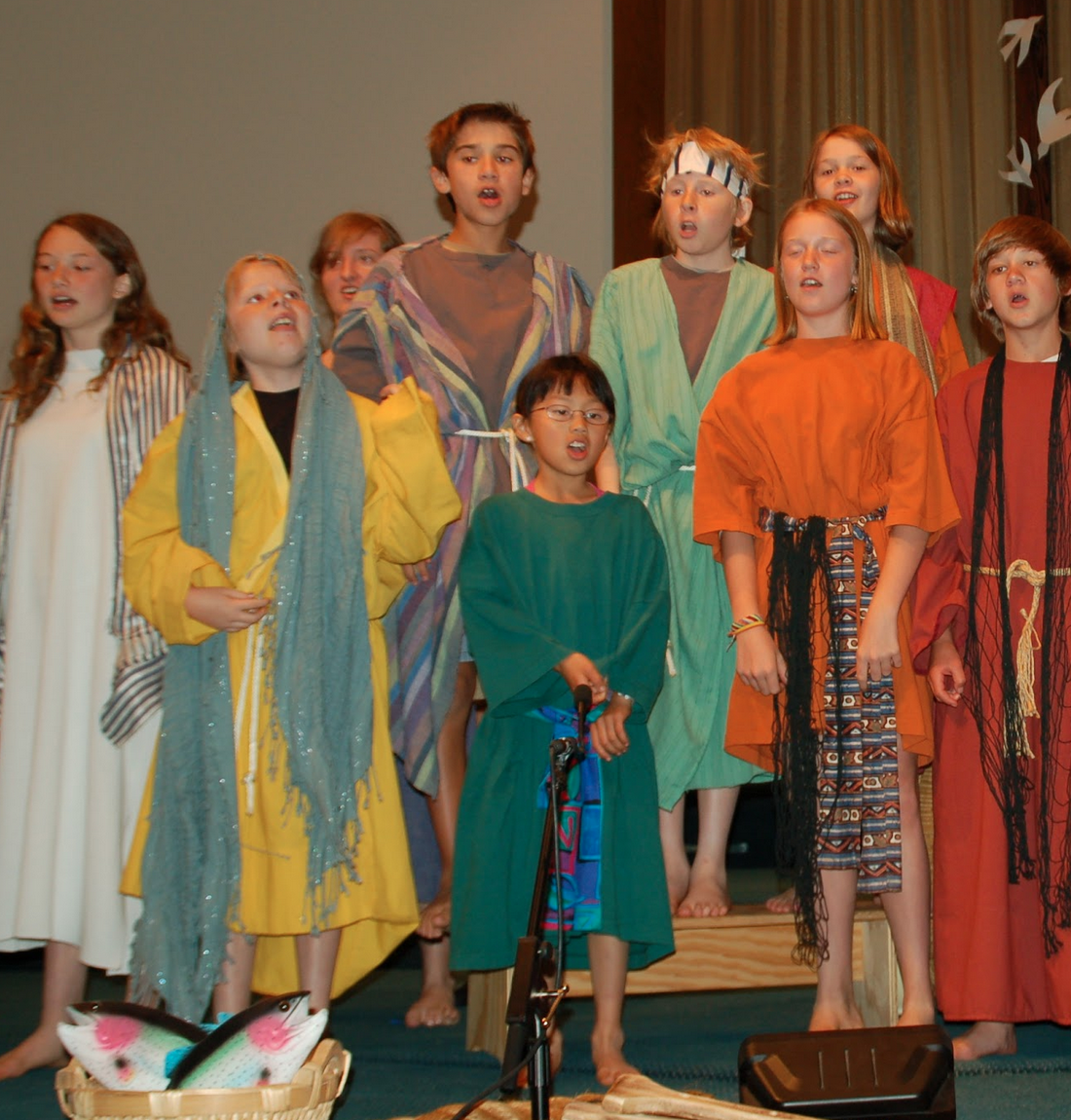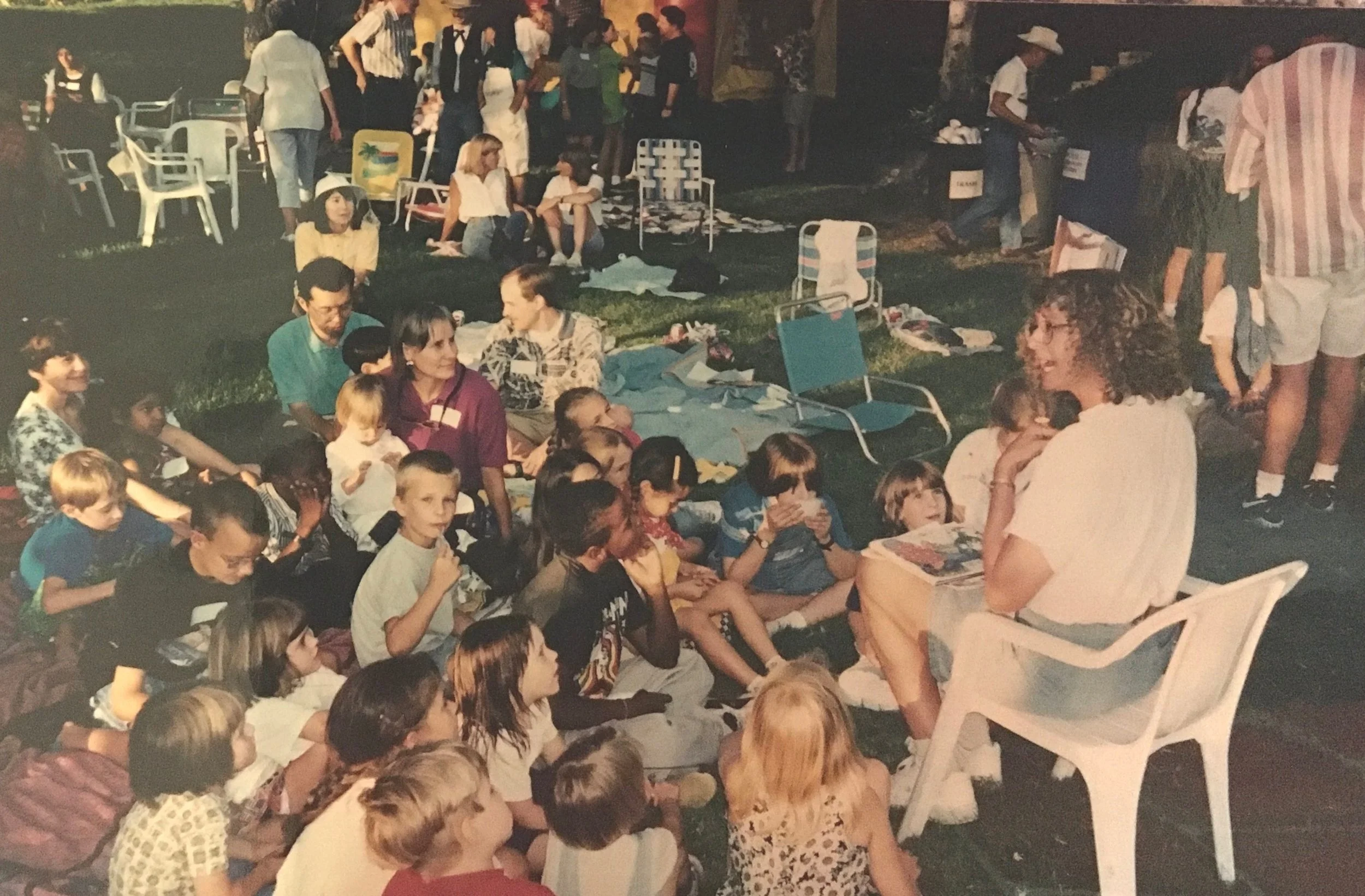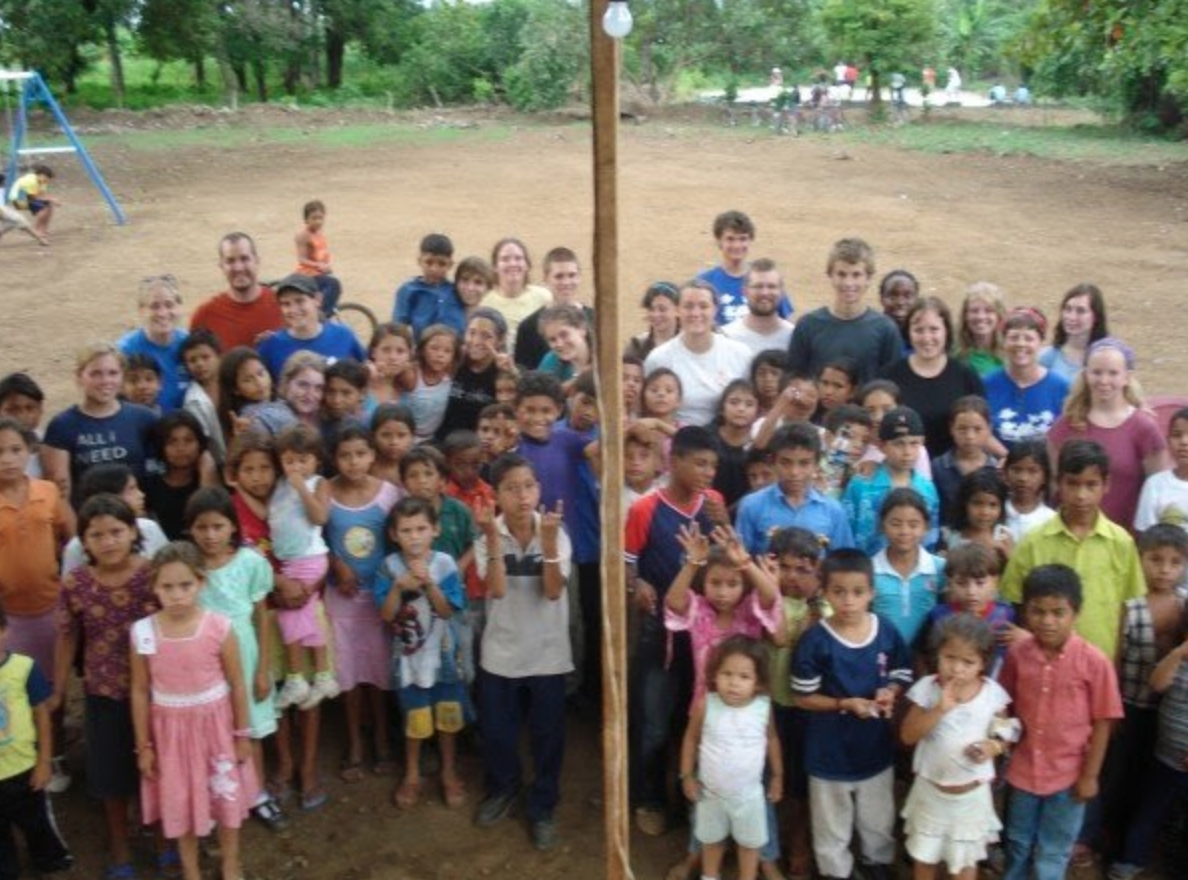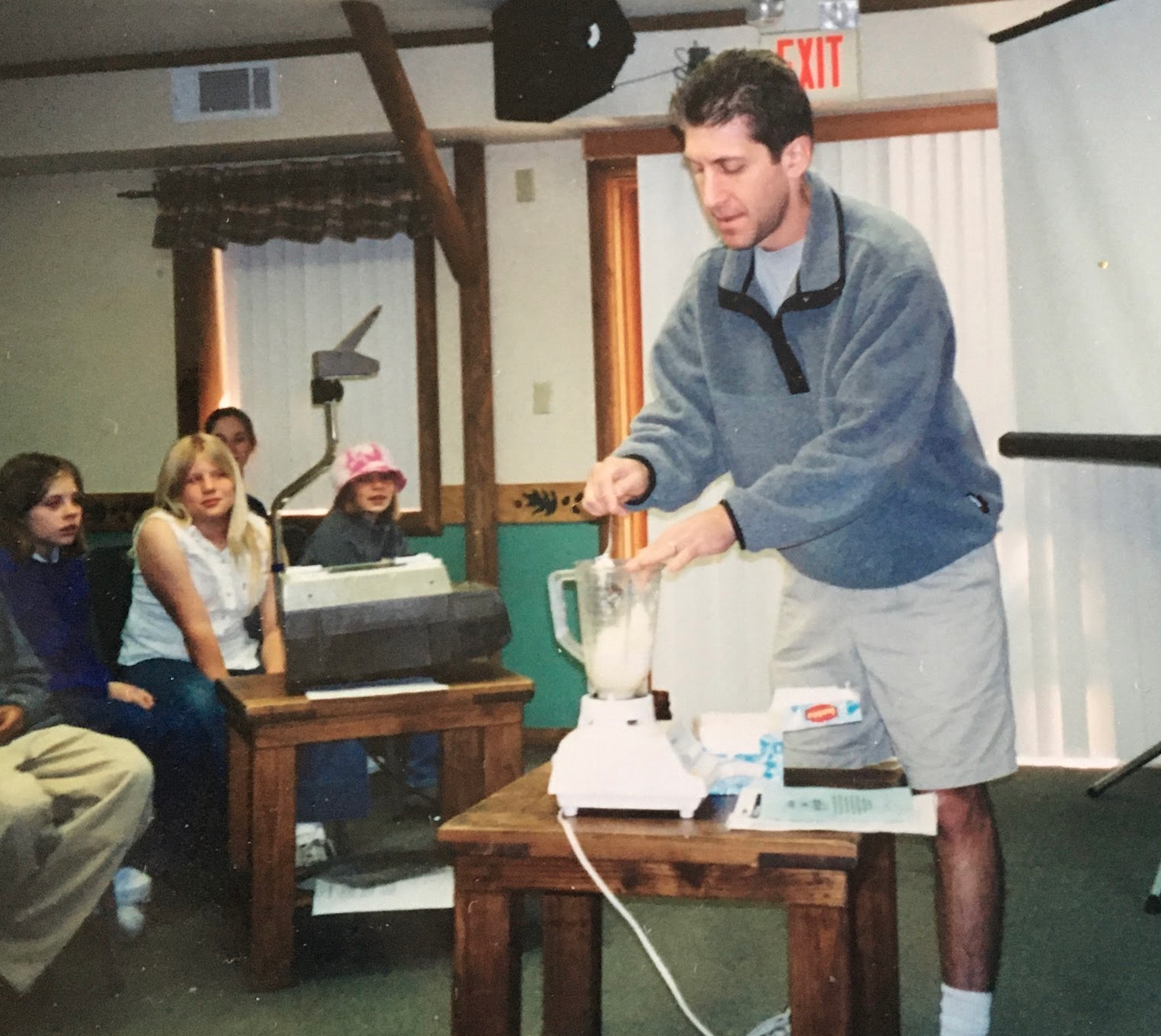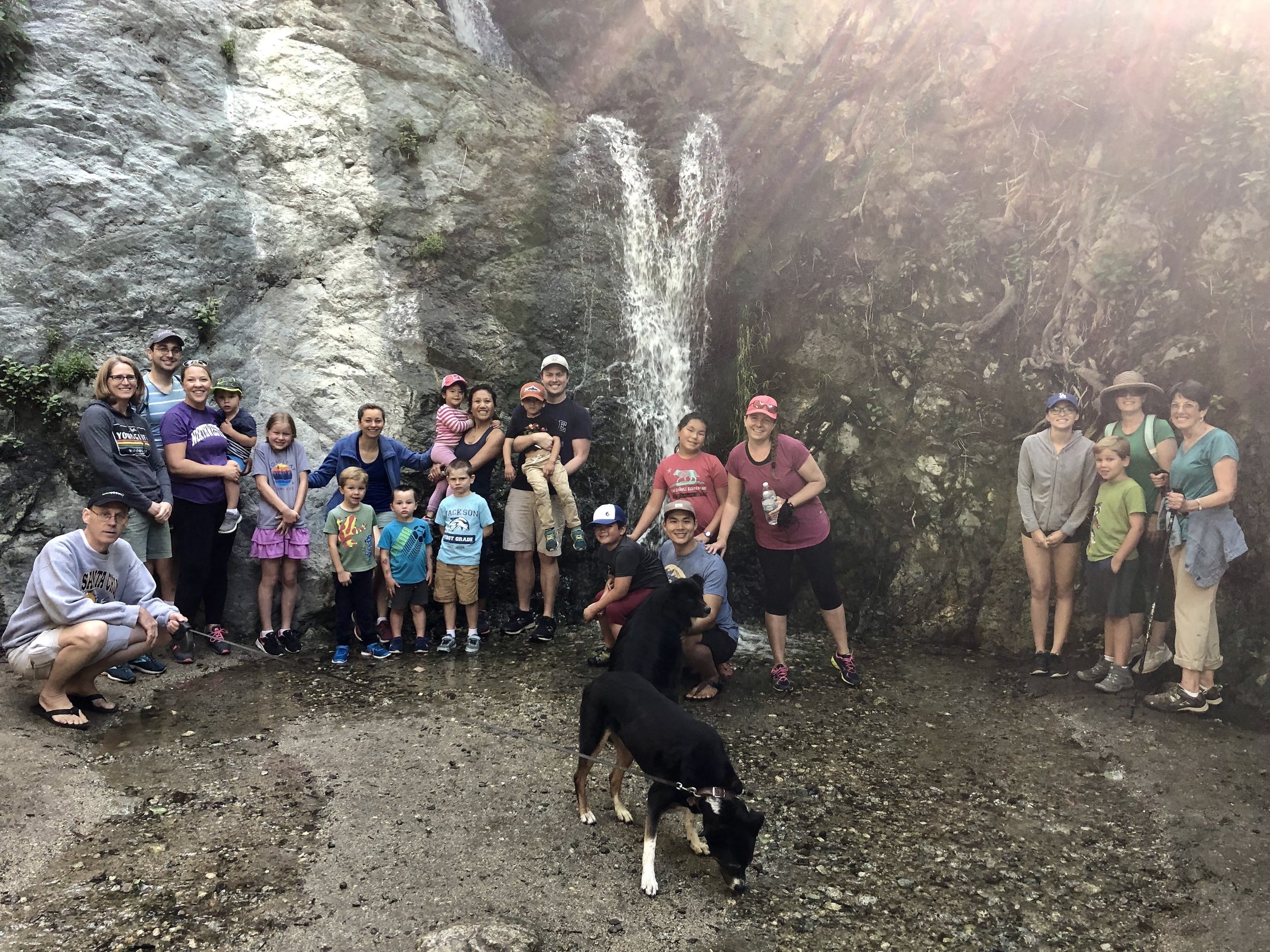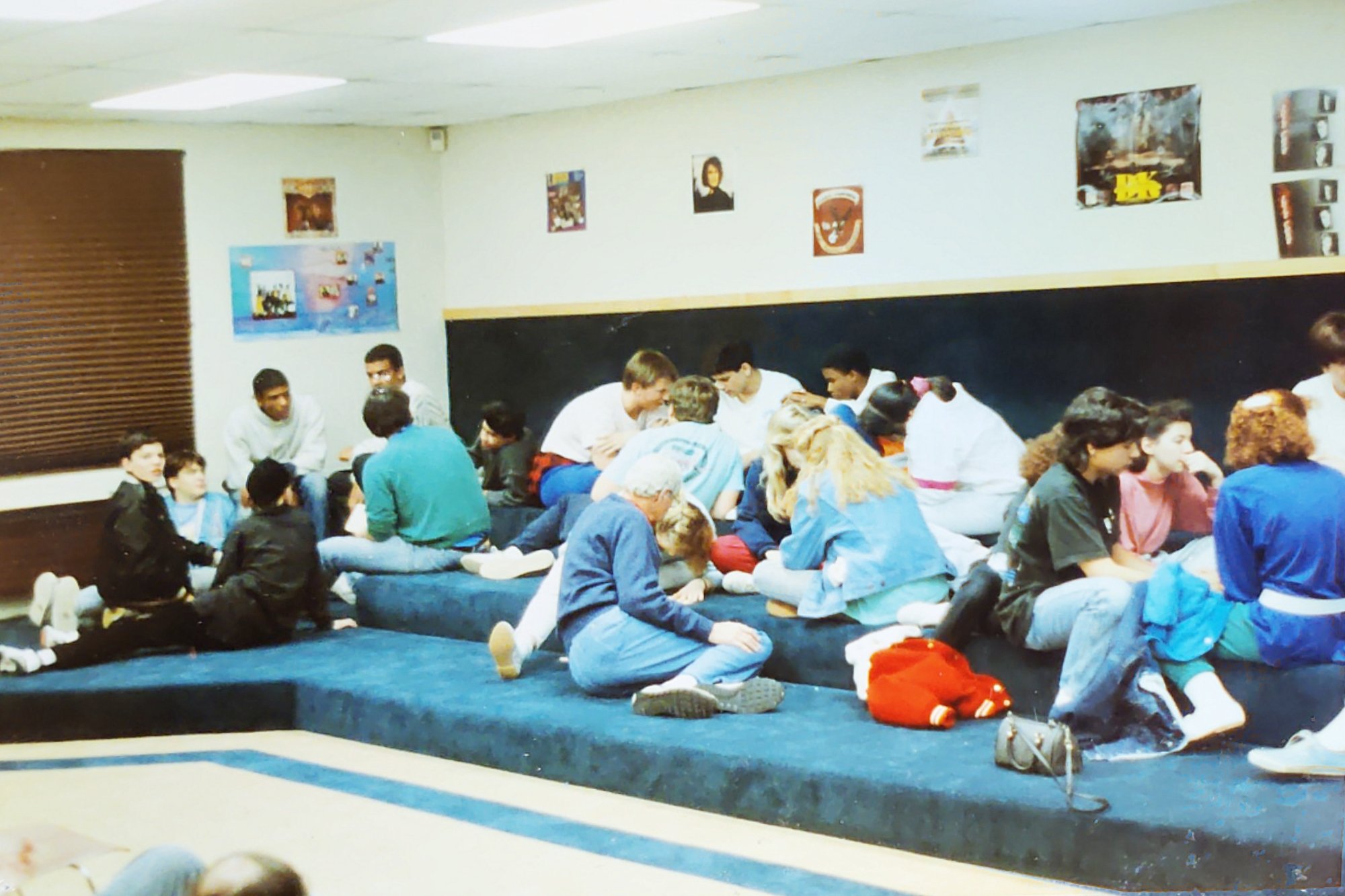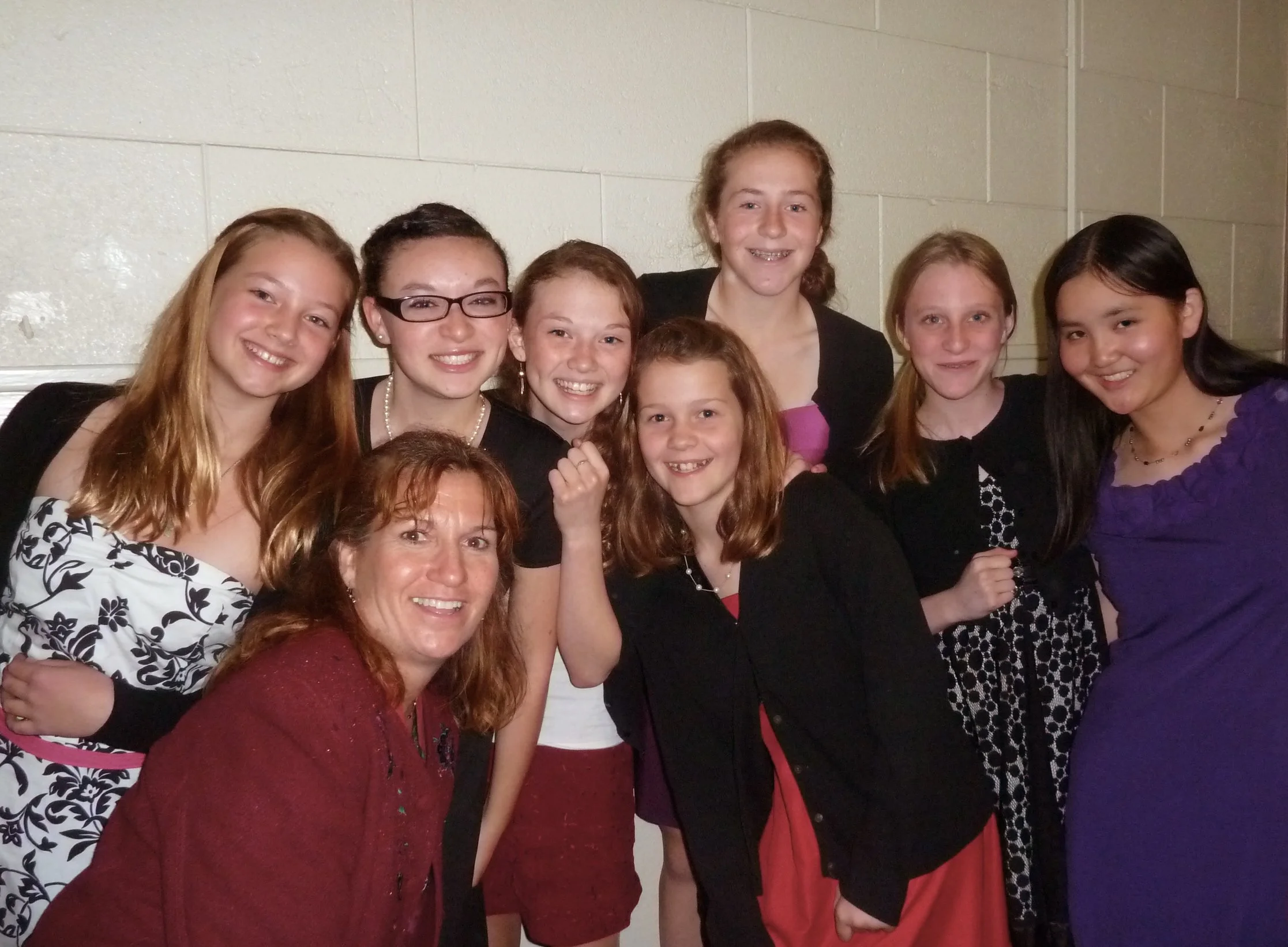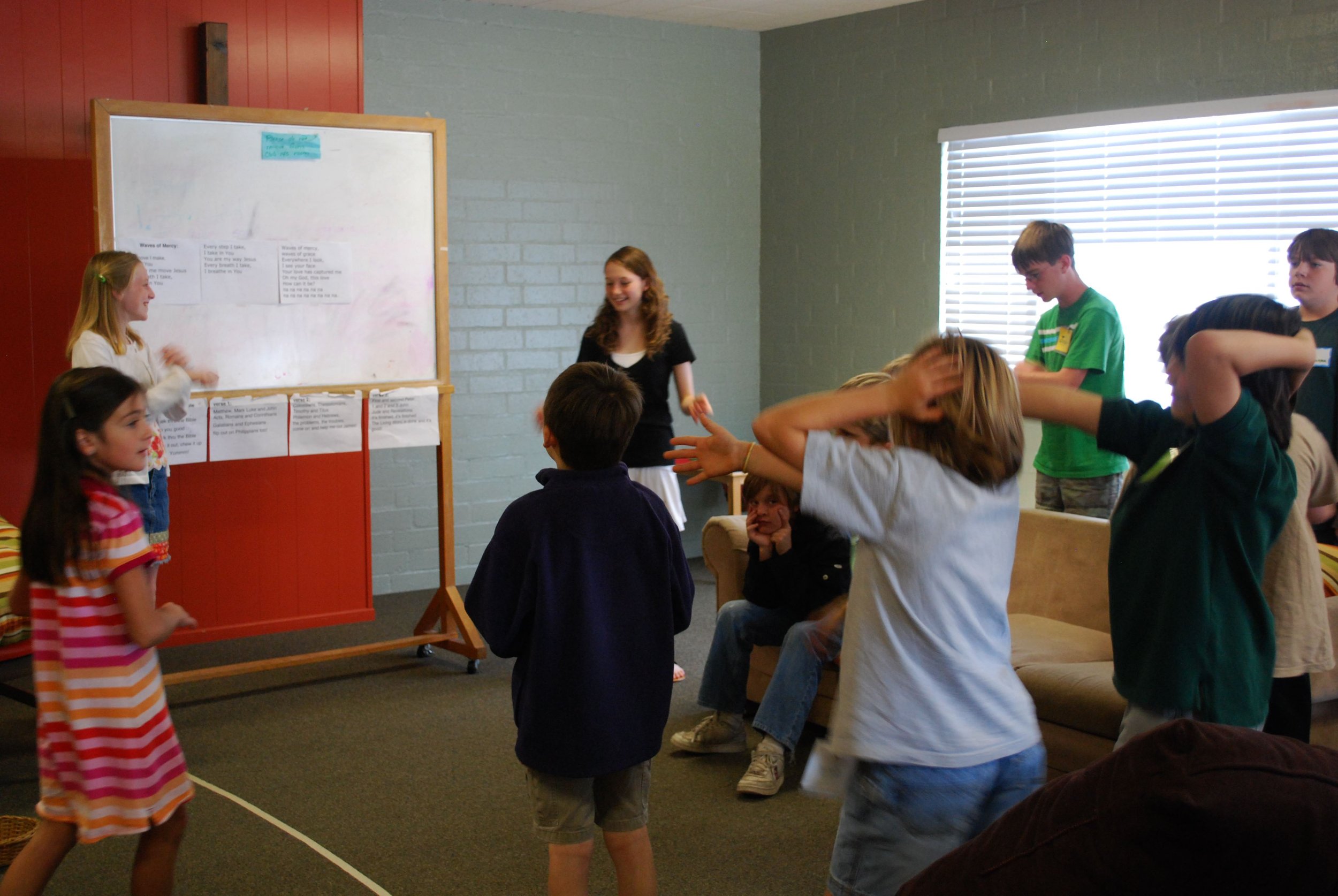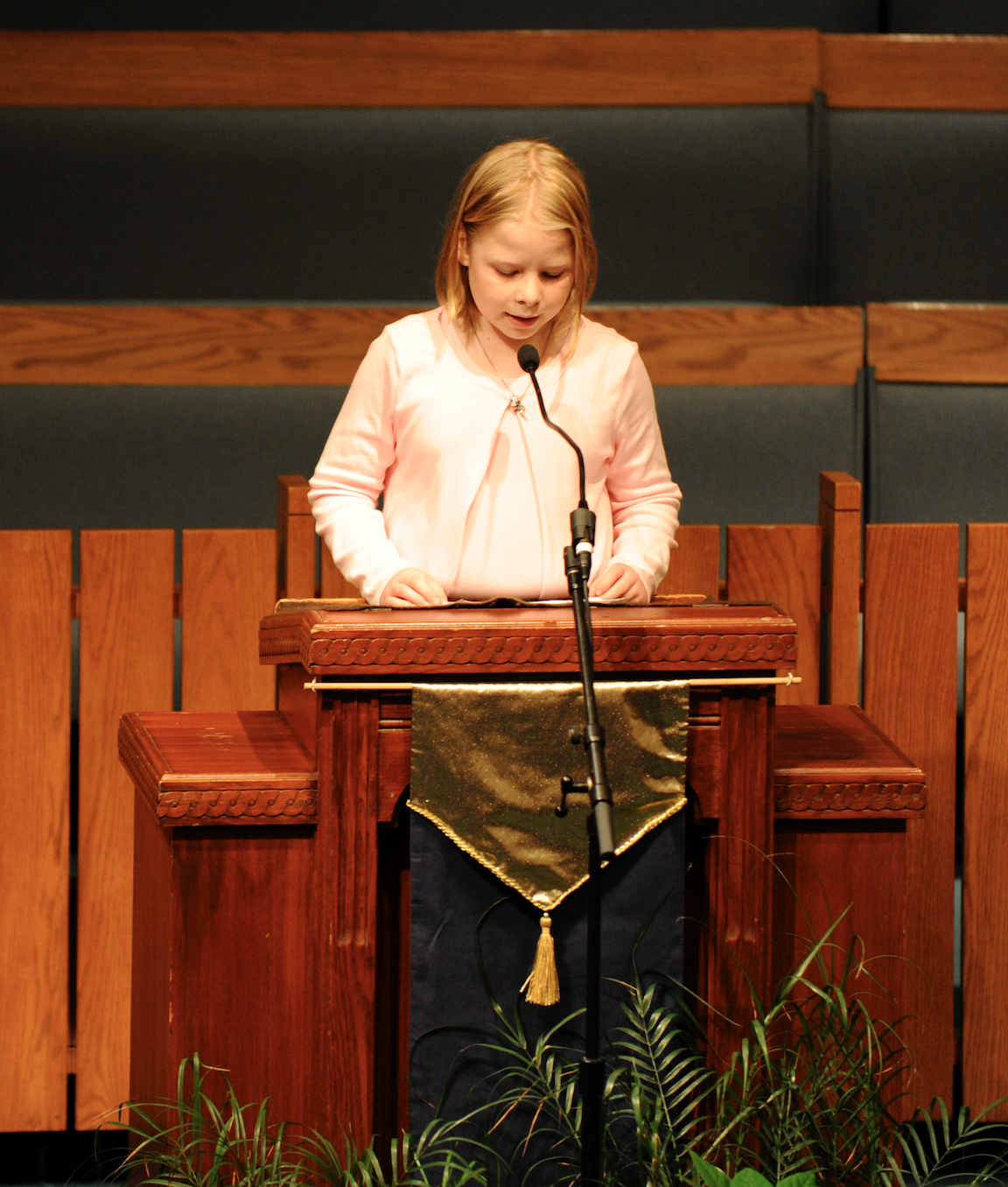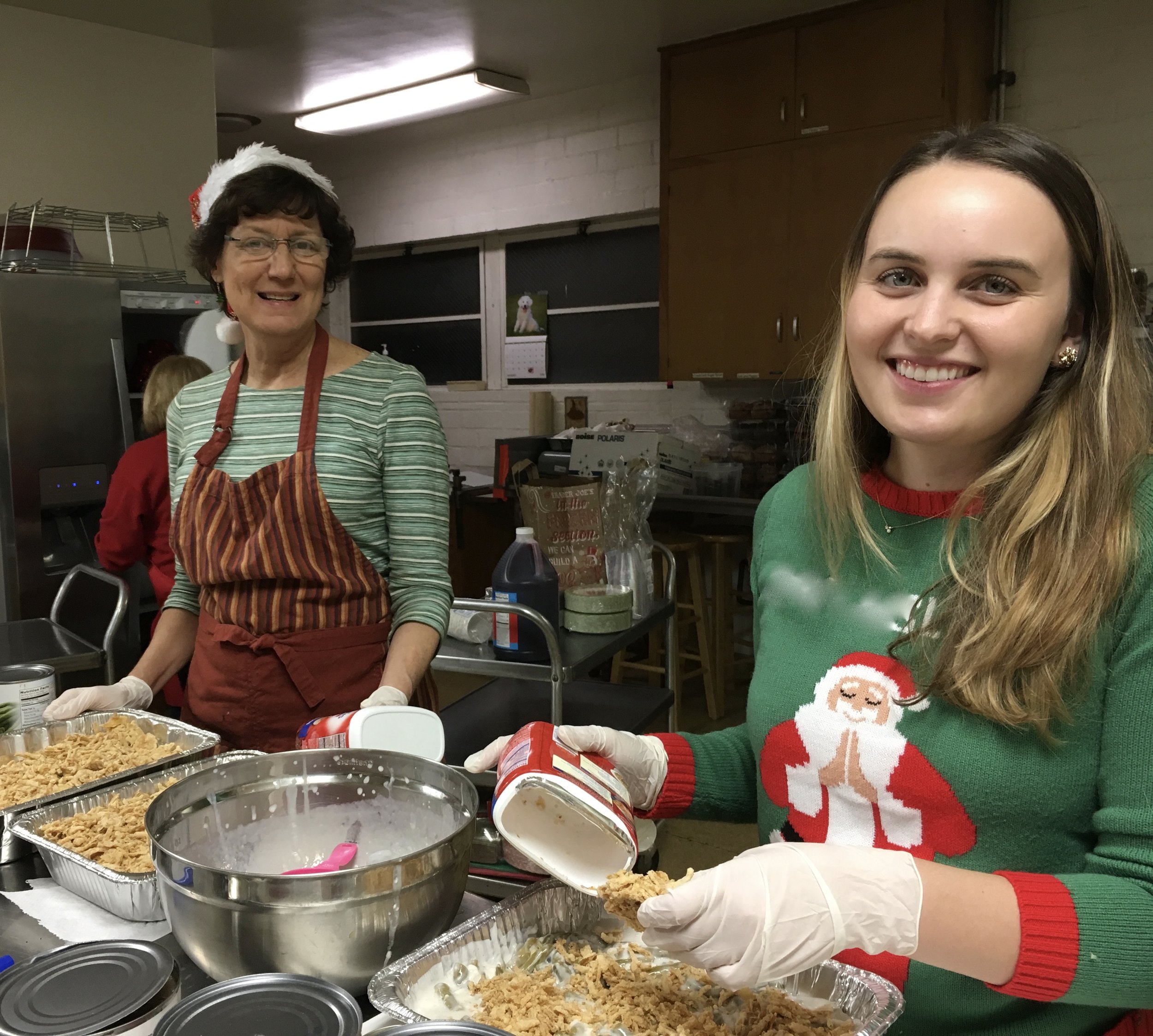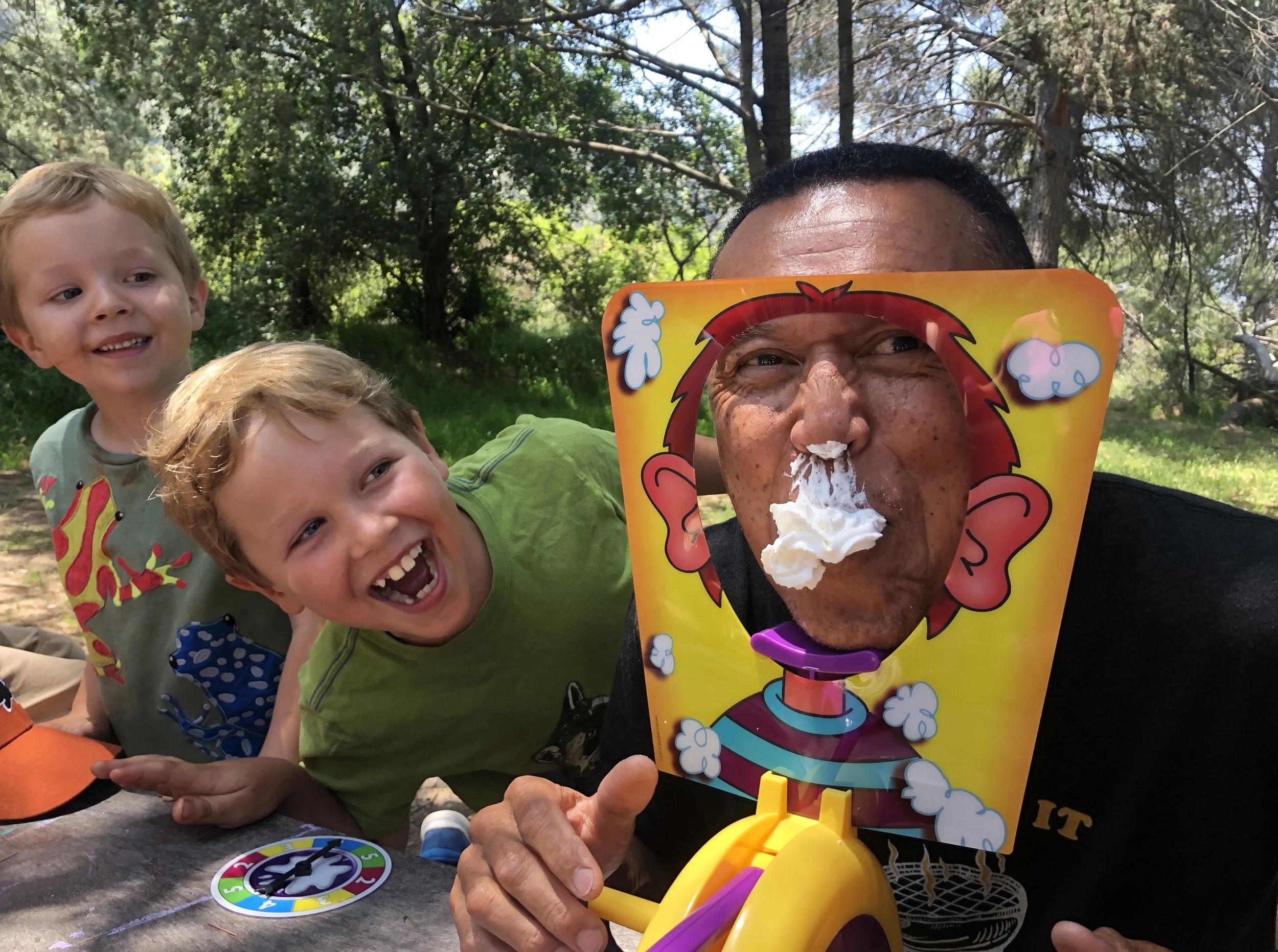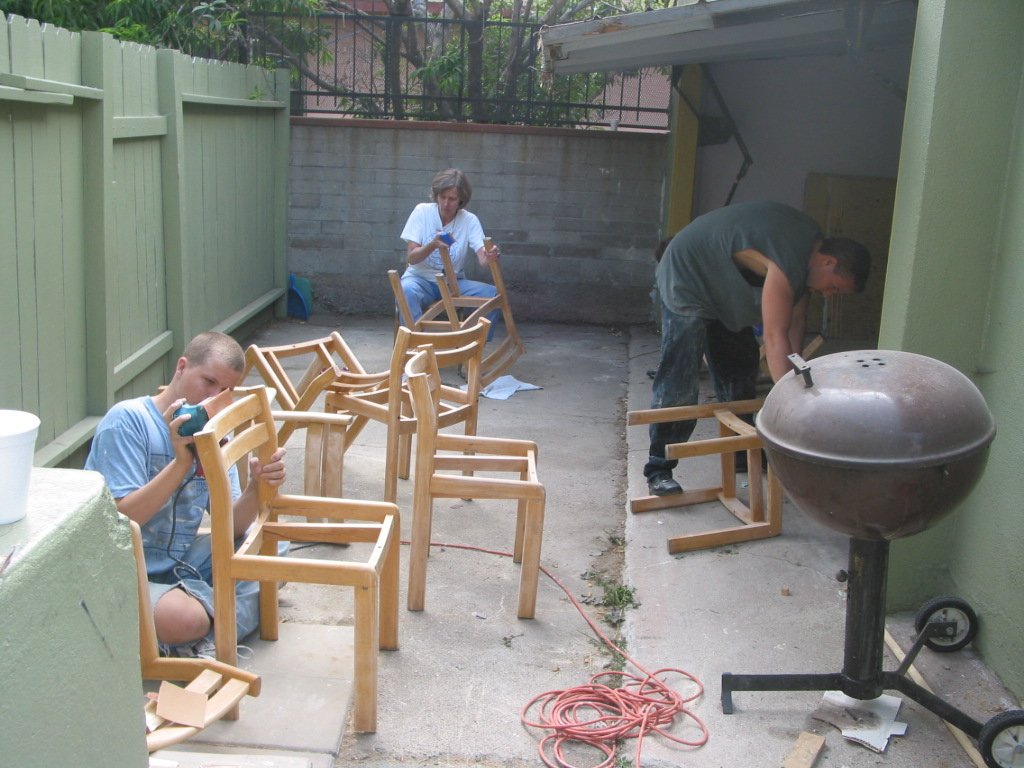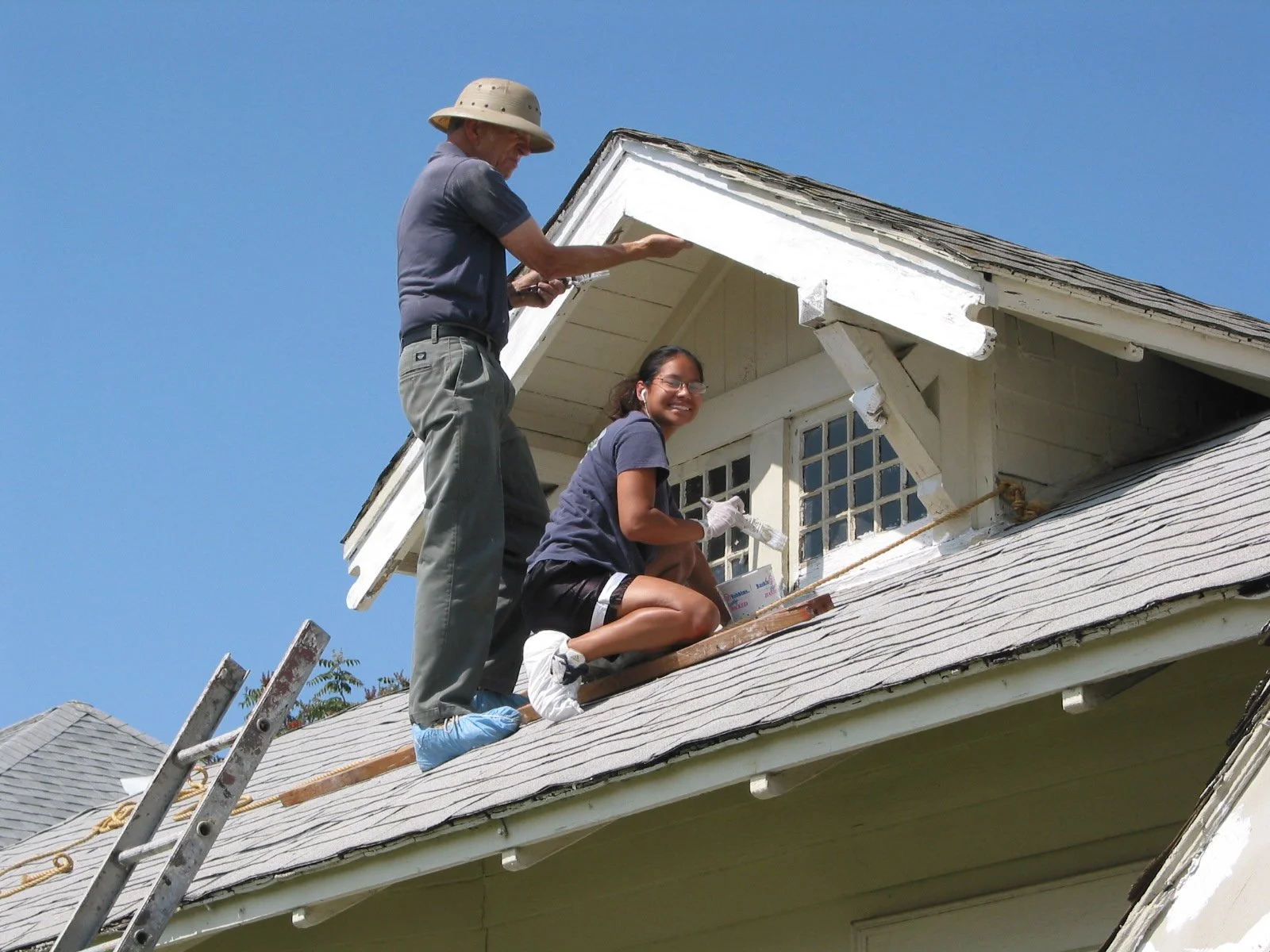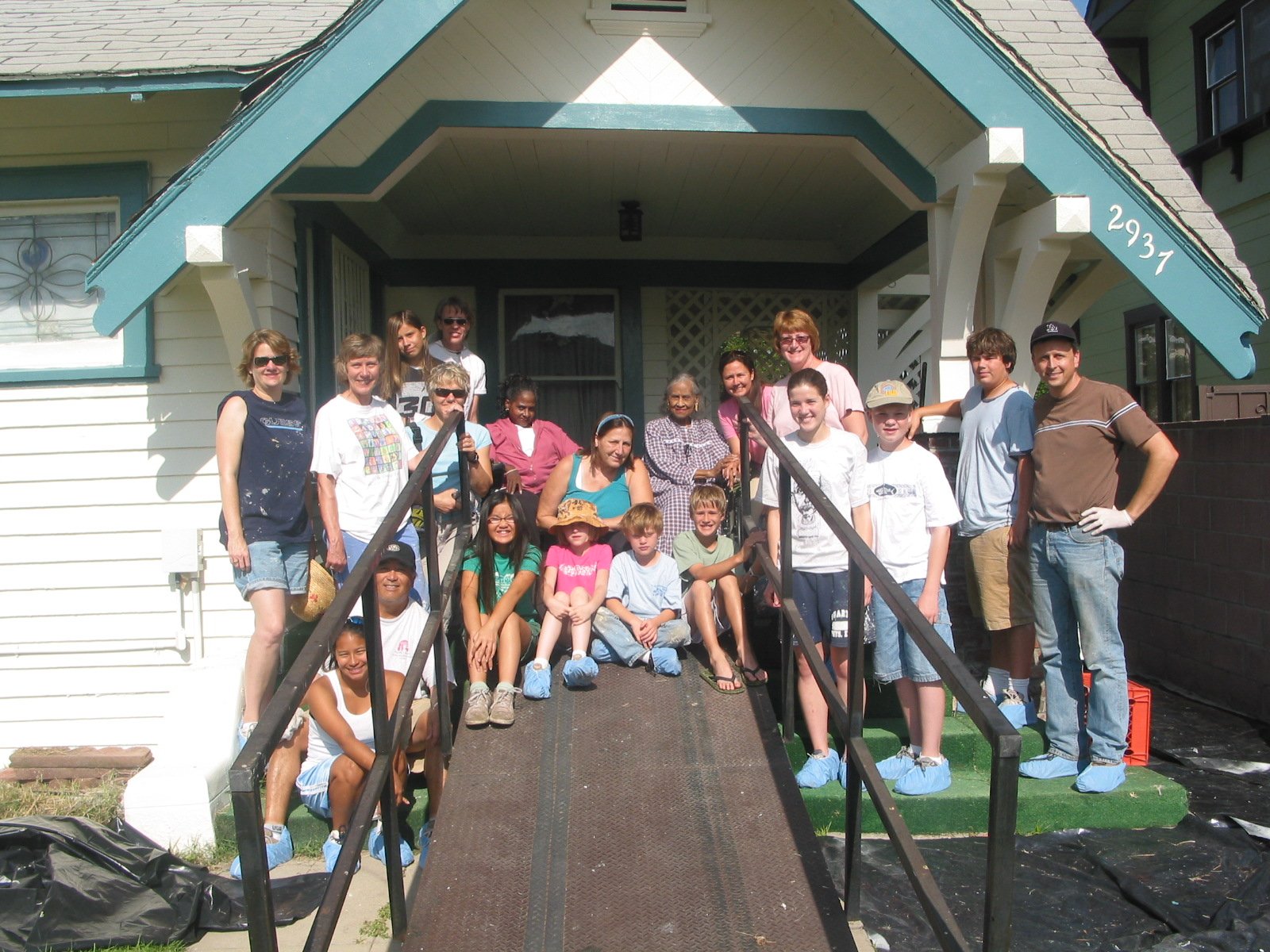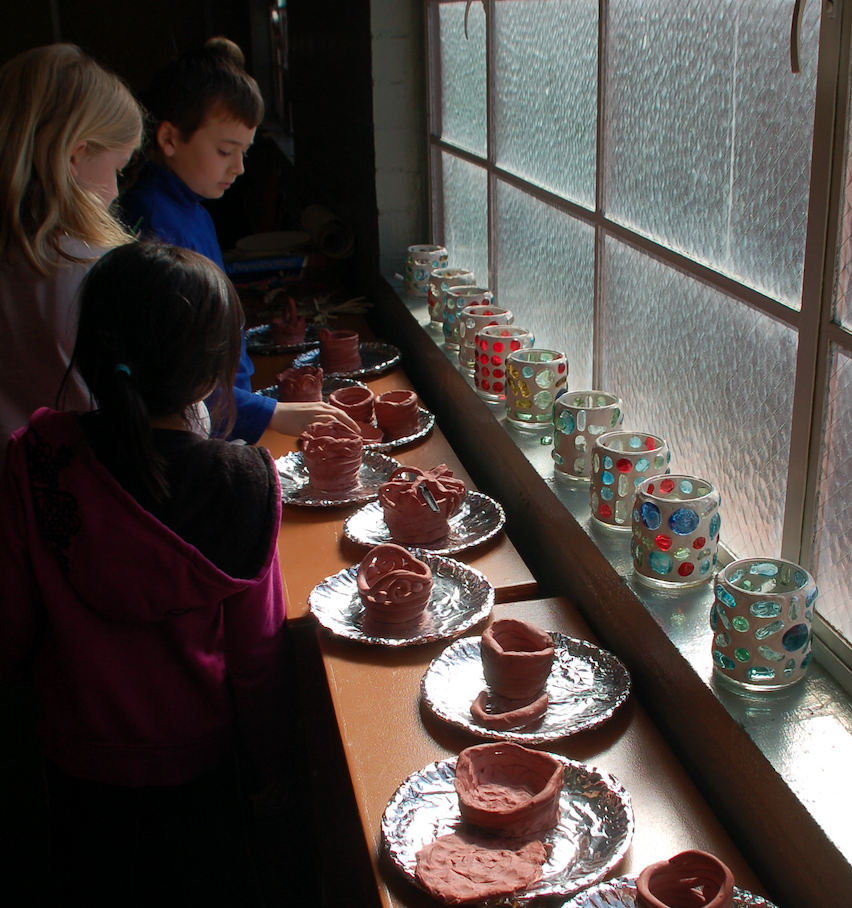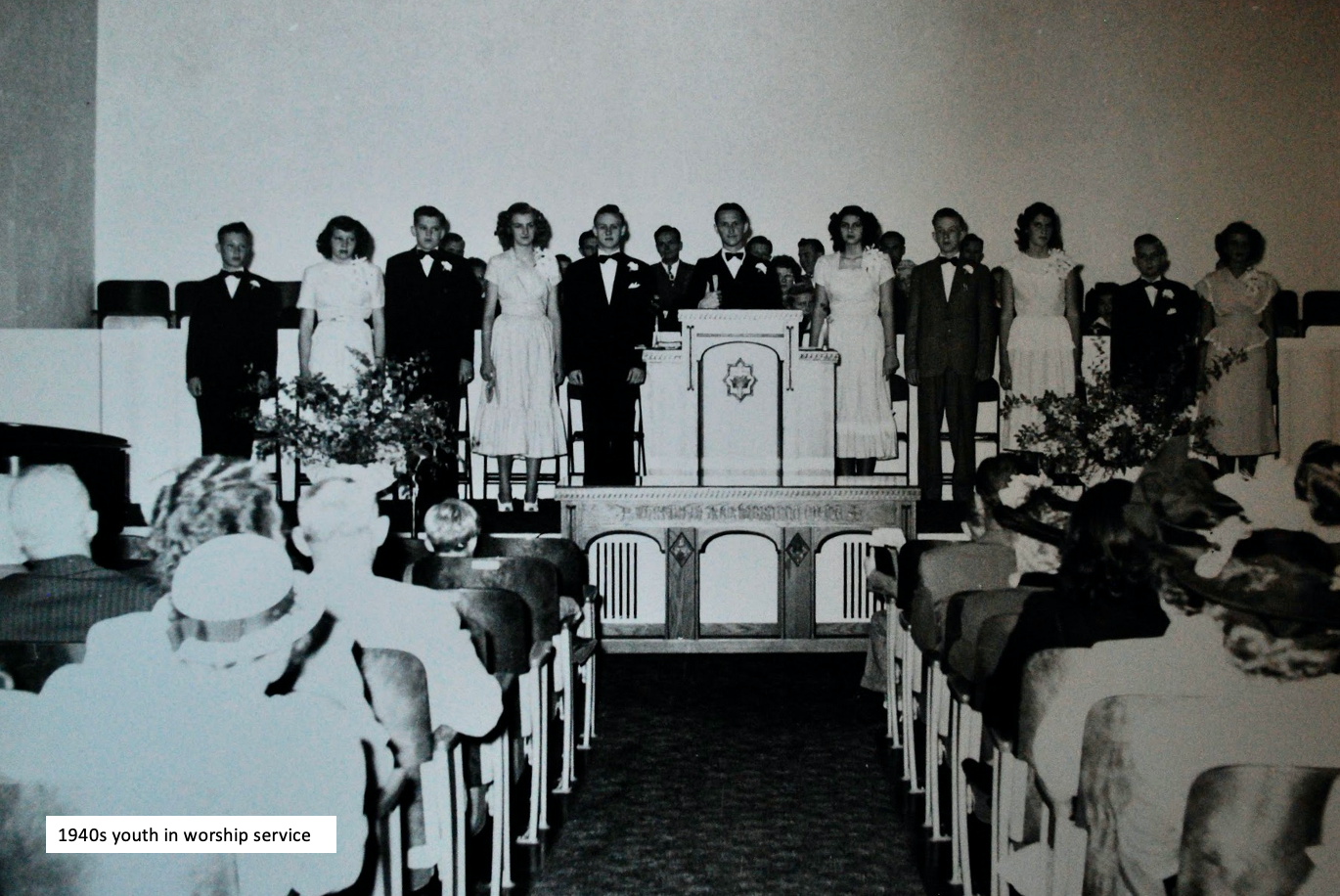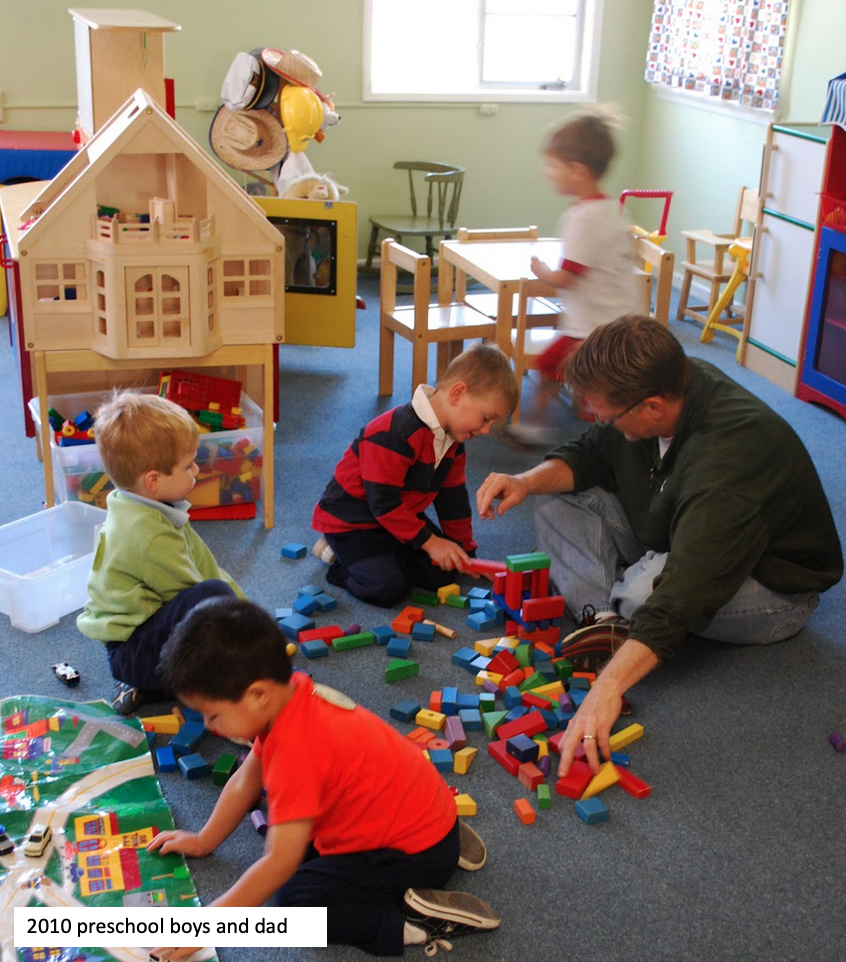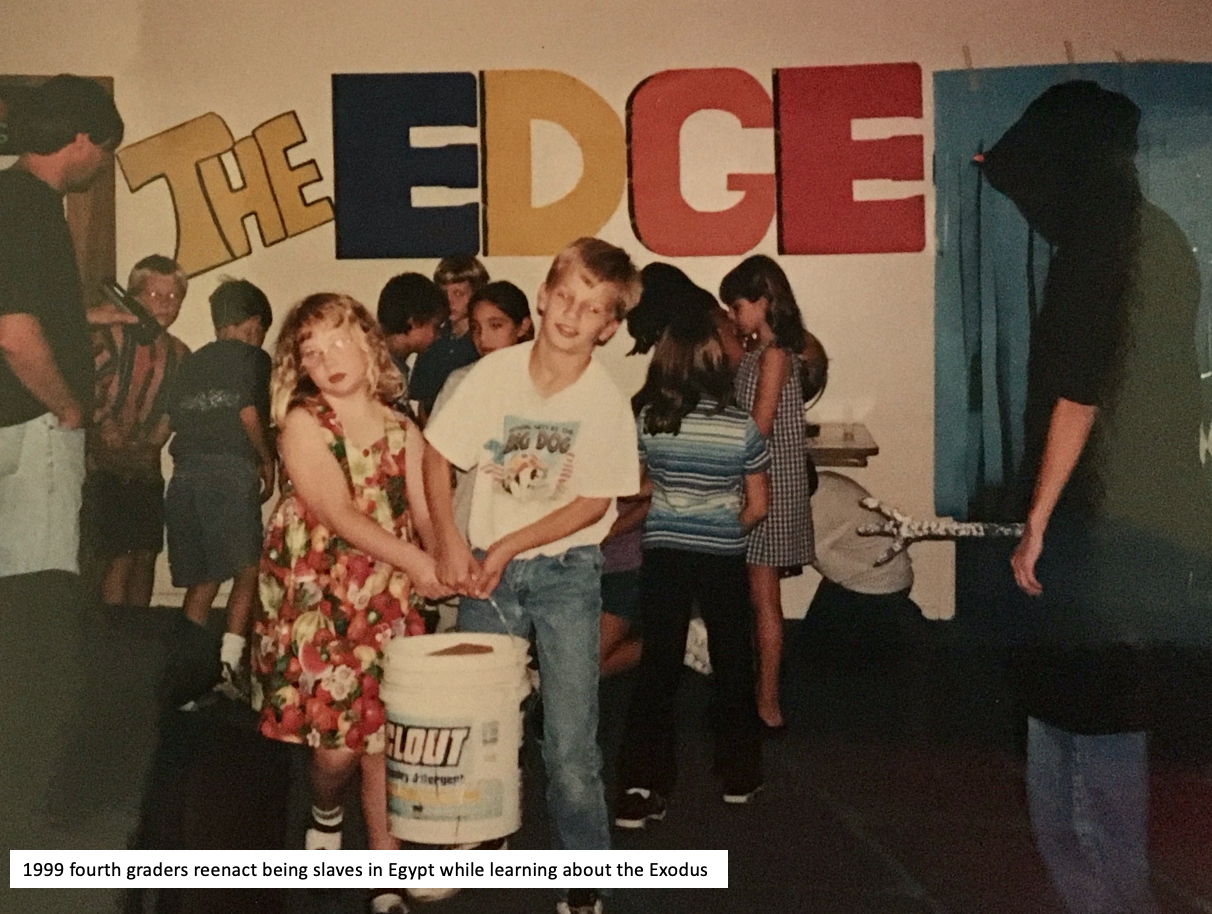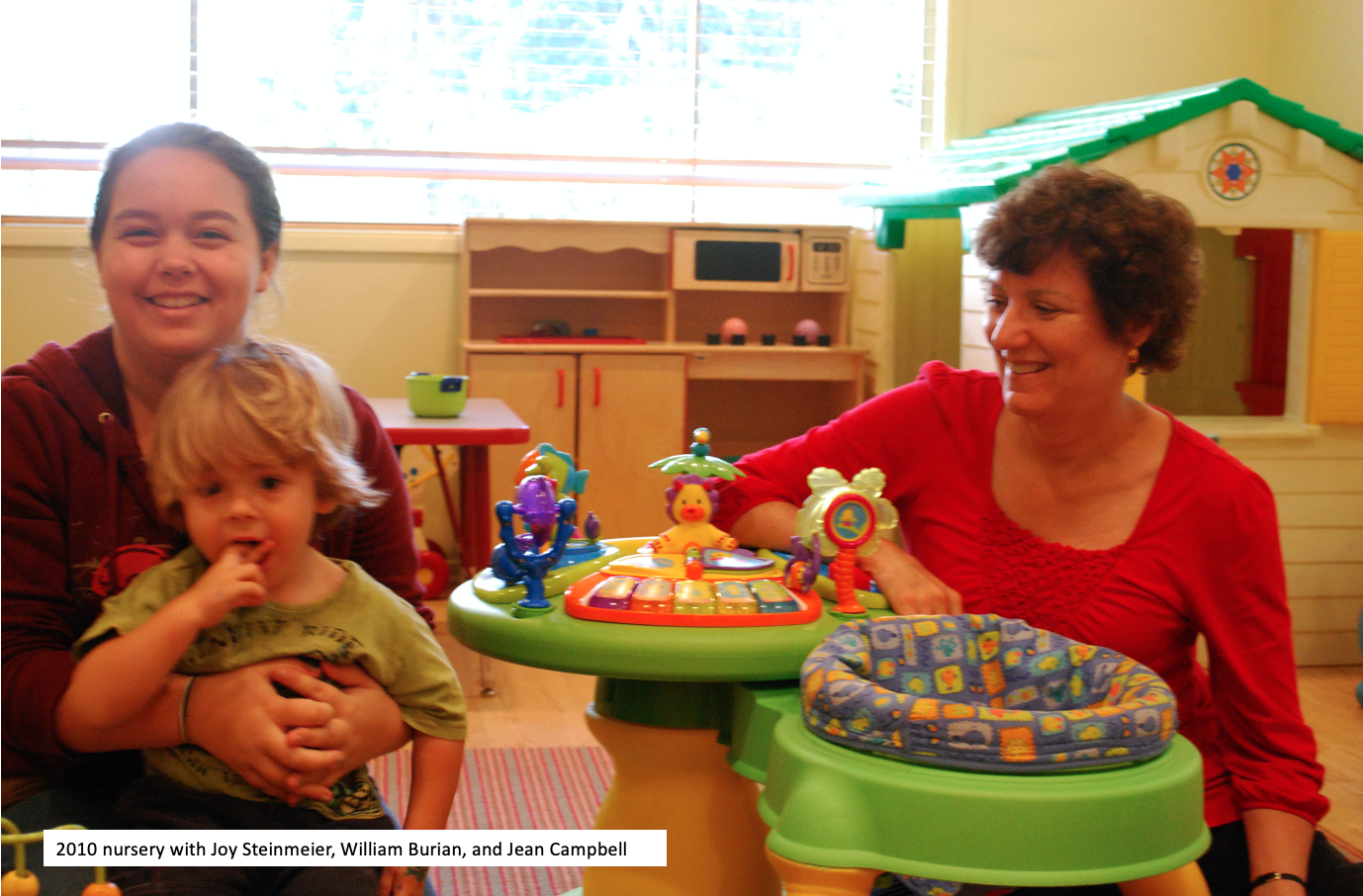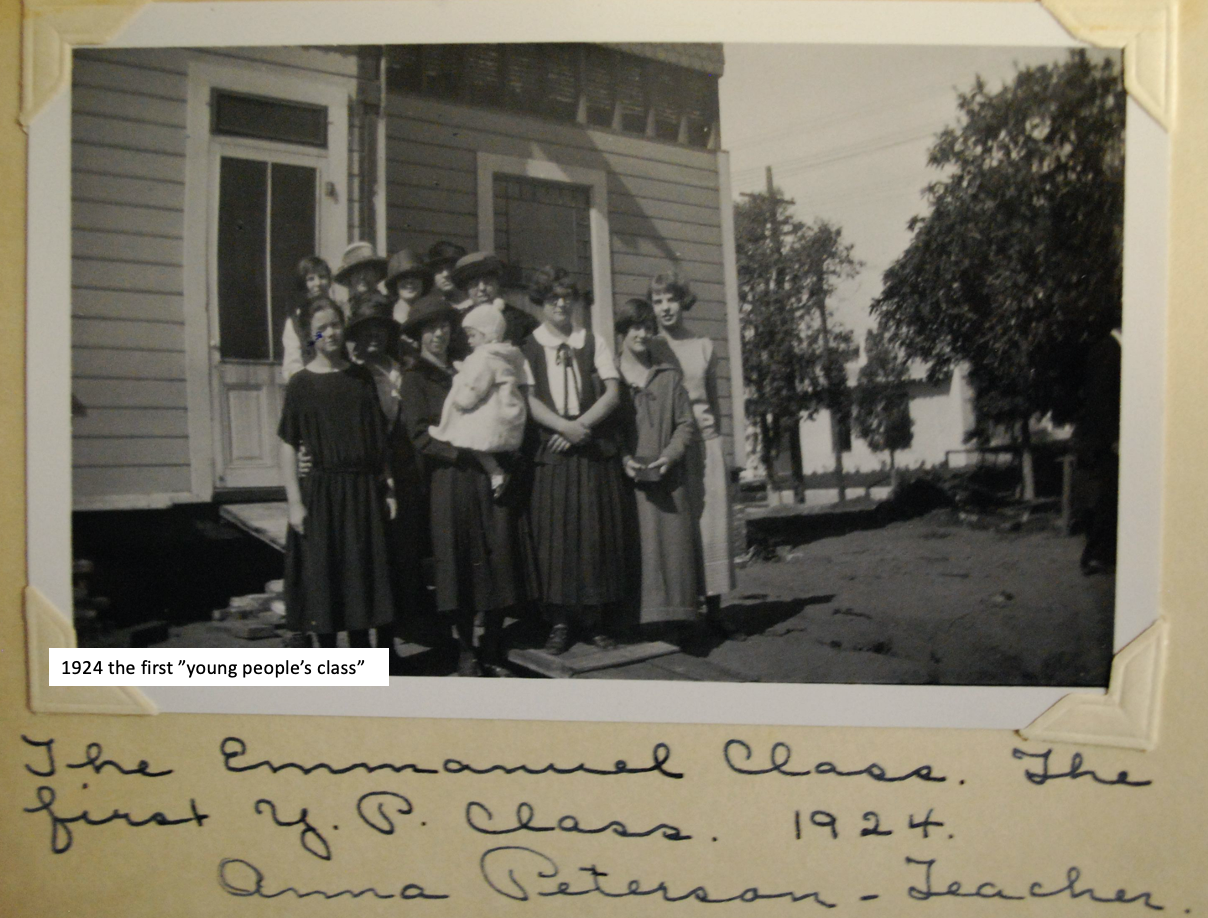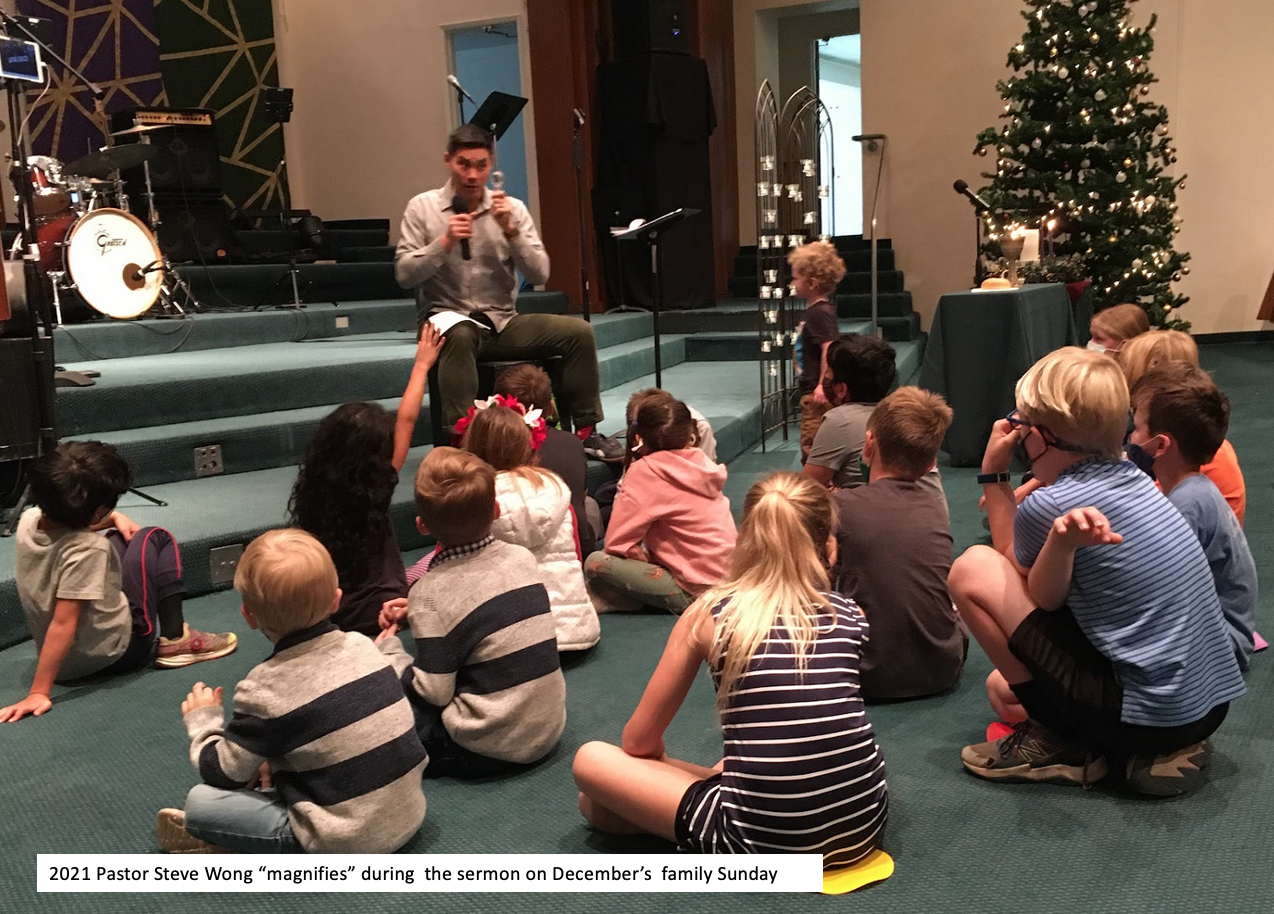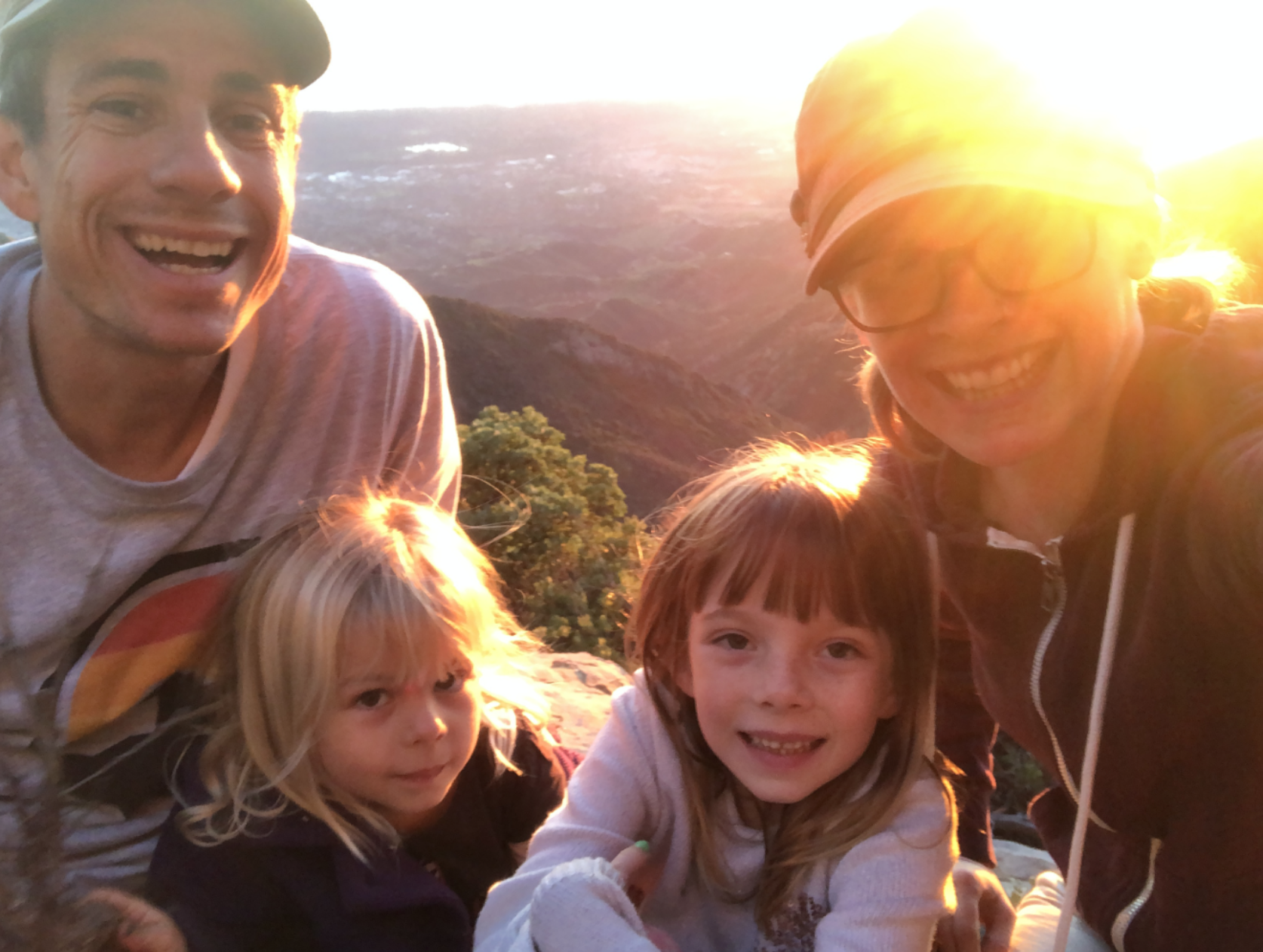Families
“Family.” It’s a word that has special meaning to those of us who have been adopted into the family of God. It’s also a word that conjures up lots of different images, both positive and negative, depending on one’s experiences. This blog post deals mostly with children. In a later month in this series we’ll look at how community and family have been created with other groups in the church.
Introduction
Pasadena Covenant Church has from the outset supported families, though there have been many changes across the decades in what families look like and what kind of support is most needed. For example, the first Sunday school had five children from one family, the Bergstroms; now families are usually smaller. Through the 1960s many women had plenty of time to volunteer. Over the last fifty years, time has become an increasingly precious commodity for everyone. There have been other changes as well, but Pas Cov has continued to seek to care for families of all types and to ensure that children grow up learning about Jesus and having the option to commit themselves to the Lord.
Support for Young Mothers
Cradle Roll was an outreach program for mothers and babies through the age of four, running primarily from 1945 to the mid-1970s. While personal contacts were important, birth announcements that were published in the Pasadena Star-News accounted for more than half the contacts. Postcards inviting the new mother to enroll her baby in the Cradle Roll at church were sent out. In addition, volunteers visited each home with baby gifts, tracts, and church pamphlets. A monthly class for mothers was held in the home of a church member, usually with refreshments and both some Bible teaching and a session on parenting. (For example, at one class, Dr. Lars Granberg from Fuller spoke on “A Psychological Approach to Discipline.”) About half of the children on the roll ended up entering the church’s Sunday nursery. 1965 appears to have been a peak year, with 380 families in all, 150 new babies enrolled, and 60 mothers attending the monthly meetings. Nursery facilities (remodeled in 1963) included a room full of cribs (now the Santa Barbara meeting room). Cradle Roll required many volunteers, from the teacher Naomi Johnston; to directors such as Ollie Roth, Muriel Racine, Betty Tennyson, and Rose Tahmisian; to hostesses such as Edith Hicks; to more than 20 visitation workers and secretaries. Pasadena Covenant was so successful in their program that they were often asked to speak to other churches about how to do it.
A support group for young mothers that started in the late 1970s was the Mary and Martha Circle or M&Ms. Every other Thursday morning, children would be looked after while moms had a Bible study and did a craft project. Lucille Peterson, whose children had grown, provided child care. Diana Trautwein, Tonia Fletcher, and Caryl Tyberg—mothers whose kids were in school--led the program over the 1980s.
Baby shower with M&Ms, 1993 (photo from Barb Robison)
At various times parents have organized informal play groups too, designed for friendship and support.
Play group notice from church bulletin, 1999
Support for Families
Psychologists and therapists at Pasadena Covenant have offered many retreats, classes, and other support for families over the years. Topics have included marriage, parenting, family dynamics, and conflict resolution. To give just one example, here’s a brochure for a ten-session series on resilient relationships that Jack & Judy Balswick led in 2008, including a session by Wayne Aoki.
Hosting the organization Club 21 is another way Pas Cov supports families, specifically those who include individuals with Down syndrome.
Photo from Club 21 website
Christian Education and Discipleship
The first Sunday school class in 1923 consisted of six kids. As the church grew, the Christian education program grew too.
1955 is one good snapshot year for Christian Education. On Sunday mornings the Sunday School, divided by age into seven departments from nursery to adult, was supported by more than 75 volunteers. They included teachers of course, but also hostesses and pianists for each group, and specialists like historian, secretary, treasurer, curriculum coordinator, and librarian of teaching aids. Average attendance for young people was about 340, it but reached 575 during the period of an attendance contest with other churches. Lesson preparation, Bible memorization, cooperative behavior, and church attendance were encouraged with paper money or “talents” that could be redeemed for prizes. Each department collected its own offering to support their selected missionary. In addition, on Sunday evenings four groups met: Junior League (upper-elementary), Hi-League (junior high), Ambassadors for Christ (high school), and CYF (college), with about 20 in each. We’ll remember a mid-week group called Campus Club later in this series.
Godly Play is an example of Sunday School from more recent years. This program for pre-schoolers from the late 1990s till recent years let children wonder and enter into the Bible stories through play. (By the way, Jim Nixon made the wooden figurines. This is just one example of the many creative ways church members with various skills have supported Christian education.)
Confirmation class has been an important element of Christian education. In the 1950s, Pastor Arvid Carlson developed a curriculum for a nine-month class held on Saturday mornings. Young people learned about the Bible, church history and theology; memorized the books of the Bible, the Ten Commandments and the Apostles Creed; attended a weekend retreat; and met with the pastor. Later confirmation classes have used curriculum from the denomination, Evangelical Covenant Church.
After graduating from confirmation class, the young people can choose to profess their faith by baptism and/or church membership (since the Covenant denomination allows parents to choose for their children either infant dedication or baptism).
Daily Vacation Bible School was a summer staple in the 1950s and 1960s. It originally ran for two weeks and often had enrollment of 350 to 425 children. The program consisted of games, skits, crafts, singing, and Bible teaching, mostly for elementary-aged kids. In the 1990s, Pas Cov volunteers for VBS developed their own creative curriculum each summer. “A Champion’s Journey,” for example, preceded the 1996 Atlanta Olympics, and was offered in the evening along with dinner. However, competition from summer school, family needs for consistent child care, and intensive volunteer hours meant that by 1997 a traditional VBS was no longer viable for Pas Cov. (There were some years in which it was re-envisaged as neighborhood outreach, and that will be examined in a future chapter in this series.)
Other programs for young people at Pas Cov have included Boy Scouts from 1960-1975, various athletic programs, and the choirs which we talked about in the December chapter of this series.
Special Events
In addition to regular programs, special events have also supported children, youth, and families. Some of these have young people going off on their own, such as to camp at Alpine, Campus-by-the-Sea on Catalina Island, or elsewhere; to CHIC, the Covenant denomination’s triennial youth gathering; or on mission trips to places like Mexico, Nicaragua, or Ecuador. Other special events involved the whole church. For a while there was an all-church picnic every Memorial Day. Everyone would gather at a place like Tournament Park for a softball game (single men vs married men), a potluck lunch, more games and contests, and an ice cream feast. More recently there have been pool parties and barbecues hosted by church members with large homes, and multi-family camping trips.
Mentoring
Pas Cov hired its first youth pastor in 1952. Important and wonderful though they have been, from the start, such staff members have usually stayed just a few years. But volunteers who are part of the church have a longer impact. Two mentors illustrate this value.
Warren Thompson, known as “Thomps,” (1921-2007) shepherded young men from the 1950s through 80s. A retrospective of his ministry quoted several influential leaders about Thomps’ role in their lives. Dave Hicks (who has been a pastor since 1974) says: “He’d pick me up after school, take me out for a Coke and fries, and we’d talk. It was never, ‘Did you have your daily devotions today?’ I experienced only genuine interest, love, and care coming from him.” Curt Peterson (former pastor and now denominational leader) says: “He saw the best in everyone and encouraged it.”
Though Thomps taught Sunday School, led Bible studies, and went on retreats, it was this one-on-one discipleship that has had a lasting impact through several generations. At the same time, he believed discipleship was a two-way street. “It’s so easy as you get older to put God in a box and feel like you have all the answers,” Thomps said. “Over the years I learned to be flexible and open-minded, to be blessed by the stimulation of younger people’s thinking.”
Another mentor, Terry Fields, agrees. “An unintended outcome of leading girls’ small groups has been my own growth—personally and spiritually.” Terry started volunteering with the youth program in 1986. Her particular niche has been mentoring a group of girls, seeing them from high school through college. Terry and her girls have sleepovers, tea parties, ice cream outings, retreats, backpacking trips, and special birthday kidnapping getaways. They also do Bible studies, read devotional books, and have share-and-prayer times. Her 1986-89 group included Kristen Annes, who’s now mentoring another generation of young women. Her most recent group (which has been co-led with Colleen Thaxton) includes Aria Haver-Hill, Natalie Maljian, and Annie Filback.
Multigenerational activities
Pasadena Covenant Church believes that worship and service should involve all generations coming together.
This was accentuated starting in the 2000s. Church retreats were especially designed to bring people of all ages together, kids were given active roles during worship, teens were offered a place on the church council and an opportunity to help with children’s ministry, and everyone served together at the Bad Weather Shelter. In July 2010 Pastor Vikki Randall led a Narnia-themed intergenerational evening family camp.
Special multigenerational opportunities opened up during Pas Cov’s partnership with Church of the Redeemer in South Central Los Angeles. For example, in 2003 (and several summers afterwards as well), “Vacation to LA” brought all ages together to live and minister in the neighborhood of the new church plant. They renovated the tutoring center and ran recreation and arts programs for children and youth.
In 2004 the church received a grant from Calvin’s Institute on Worship to explore new expressions of multigenerational worship. This led to several years of Advent and Lent experiences with art and faith for kids and adults.
Conclusion
From Cradle Roll to Confirmation, from Vacation to LA to Family Sunday, Pasadena Covenant has sought to encourage families, whatever their structure and whatever their current struggles. We are thankful that the church has provided biblical teaching, service opportunities, and Christian community so that all generations can thrive together.
Beyond 100
In the next 100 years, who are the children and families who will come to Pasadena Covenant? How will God want to use them to influence the world for his Kingdom? How can the church be a part of that?
We are so grateful to the many who have sought to follow God over the past century,
and now we seek to imitate their faith for the next hundred years.
Please join us in giving to this legacy of faithfulness!
P.S. What a great time to be welcoming our new pastor Pastor for Families and Community, Andrew Mark!

